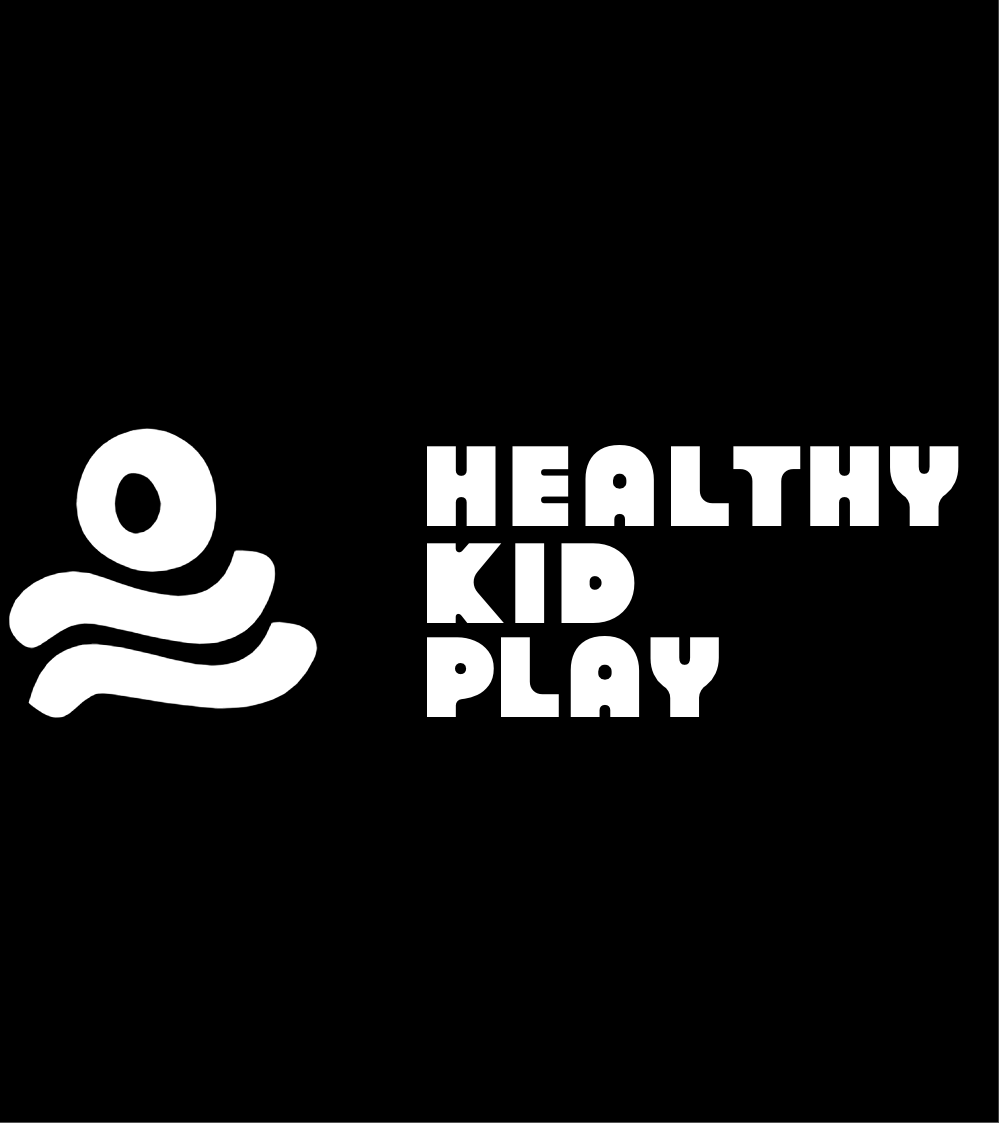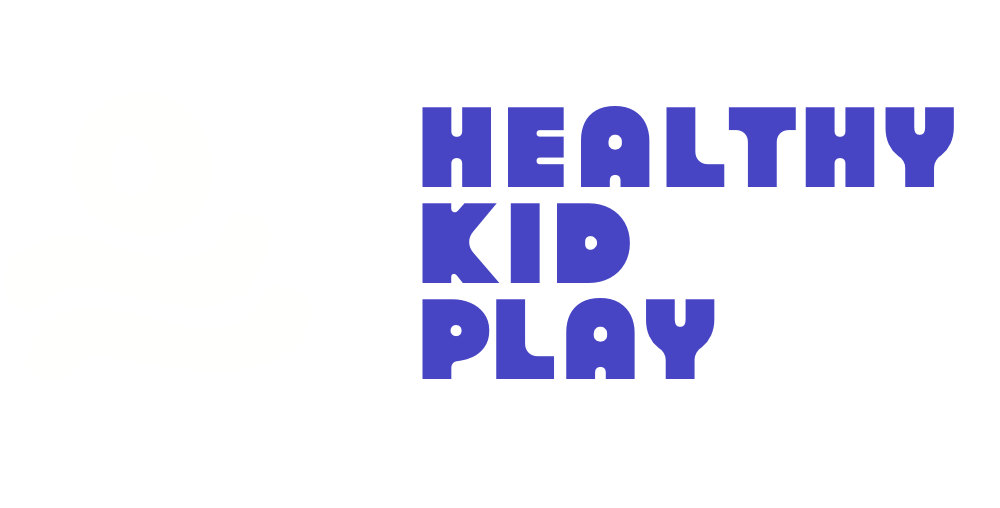Preschool Toys
The Power of Play: Essential Toys for Preschool Learning
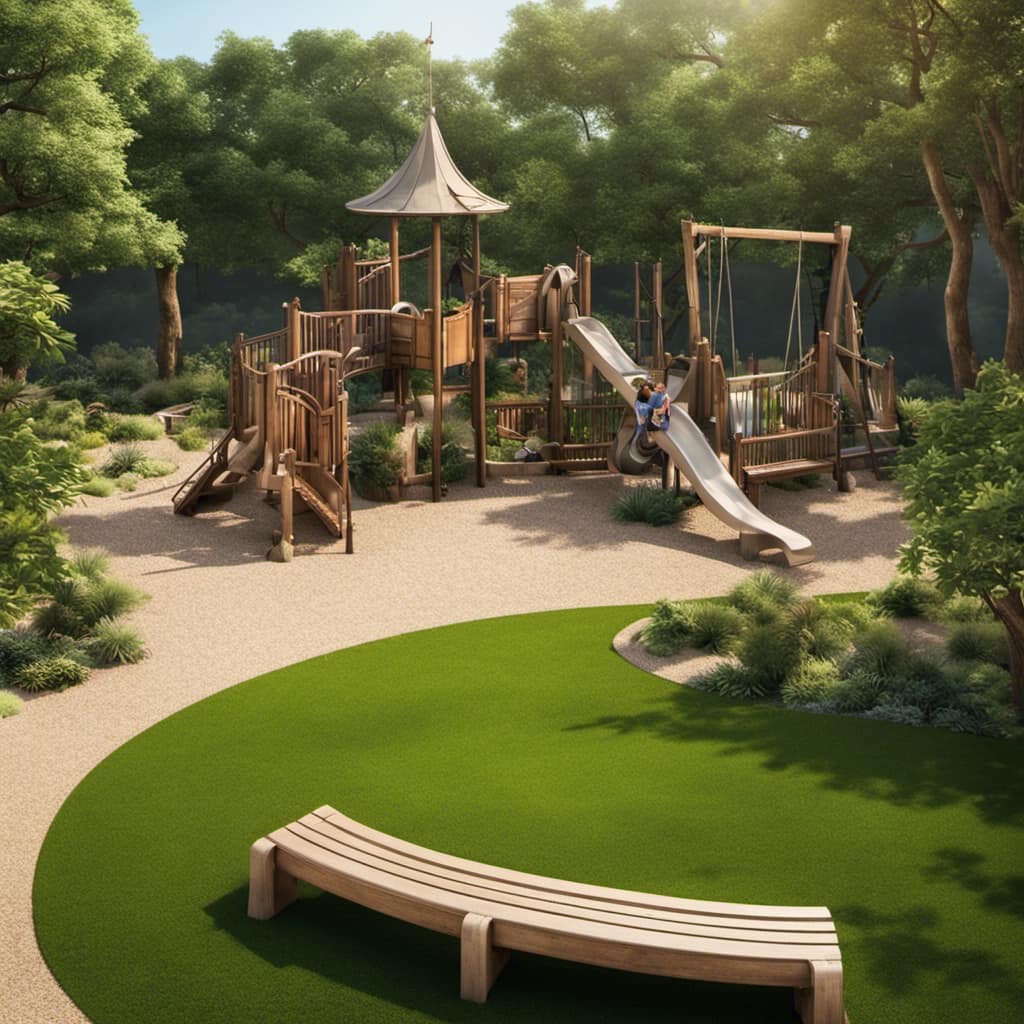
As a preschool educator, I am always amazed by the important role that play plays in promoting children’s development. It is truly incredible how something as simple as play can ignite their creativity, boost problem-solving skills, and enhance critical thinking abilities.
Through play, children become engaged and motivated to learn, exploring and developing essential cognitive and social skills. Open-ended toys like blocks, play dough, and dress-up clothes encourage imagination, problem-solving, and social interaction. Moreover, these toys promote fine motor skills, hand-eye coordination, and finger strength.
The research is clear – play is not just fun, it’s an essential tool for preschool learning.
Key Takeaways
- Play promotes creativity, problem-solving, and critical thinking abilities.
- Play-based learning enhances children’s engagement and motivation to learn.
- Open-ended toys like blocks, play dough, and dress-up clothes enhance imaginative play.
- Sensory toys engage multiple senses and promote exploration.
The Benefits of Open-Ended Toys
Playing with open-ended toys like blocks and dress-up clothes has numerous benefits for children. It enhances imaginative play, promotes problem-solving skills, and fosters creativity. Research shows that when children engage in imaginative play, they are able to explore different scenarios, create narratives, and develop their problem-solving abilities. This type of play allows children to think critically, come up with unique solutions, and use their imagination to its fullest extent.
Play-based learning is also important and should not be underestimated. It encourages children to take risks, make decisions, and learn from their mistakes. By providing children with open-ended toys, we are giving them the tools they need to develop important cognitive, social, and emotional skills. These skills will benefit them throughout their lives.
Enhancing Fine Motor Skills Through Play
Developing fine motor skills in preschoolers involves engaging in activities that strengthen hand muscles, improve hand-eye coordination, and enhance spatial awareness. One effective way to achieve this is through sensory exploration and manipulating objects. Sensory toys engage multiple senses, allowing children to explore different textures, sounds, and visuals, while also promoting cognitive development and problem-solving abilities. Manipulating objects such as puzzles, building blocks, playdough, threading laces, and pegs into a board helps refine hand-eye coordination, finger strength, and dexterity. To paint a clearer picture, here is a table showcasing some examples of activities that can enhance fine motor skills in preschoolers:

| Activity | Description | Benefits |
|---|---|---|
| Puzzles | Solving puzzles improves hand-eye coordination and problem-solving skills. | Enhances cognitive development and fine motor skills. |
| Building Blocks | Playing with building blocks strengthens hand muscles and enhances spatial awareness. | Improves hand muscles and spatial awareness. |
| Playdough | Manipulating playdough develops finger strength, dexterity, and control. | Enhances finger strength, dexterity, and control. |
| Threading Laces | Threading laces through cards improves hand-eye coordination and fine motor skills. | Refines hand-eye coordination and fine motor skills. |
| Peg Board | Inserting pegs into a board refines grasping and releasing skills. | Develops grasping and releasing skills. |
Exploring Science and Nature With Sensory Play
Engaging in sensory play with various materials and textures allows me to explore the wonders of science and nature. Sensory exploration is a key component of cognitive development in preschoolers.
When children engage their senses through play, they are actively learning and processing information about the world around them. Sensory toys, such as sand tables, water tables, and sensory bins, provide opportunities for children to touch, feel, and manipulate different textures. This type of play stimulates their brain development and enhances their problem-solving abilities.
By engaging in sensory exploration, children also learn about cause and effect, develop their language skills, and improve their fine motor skills.
Overall, sensory play is a valuable tool for promoting cognitive development in young children and fostering their curiosity about science and nature.
Nurturing Social and Emotional Development Through Play
Interacting with others through imaginative play and problem-solving activities has helped me develop valuable social and emotional skills. Through play, I’ve learned to navigate social situations, regulate my emotions, and communicate effectively with others.
Here are three ways play enhances emotional intelligence and enhances social skills:
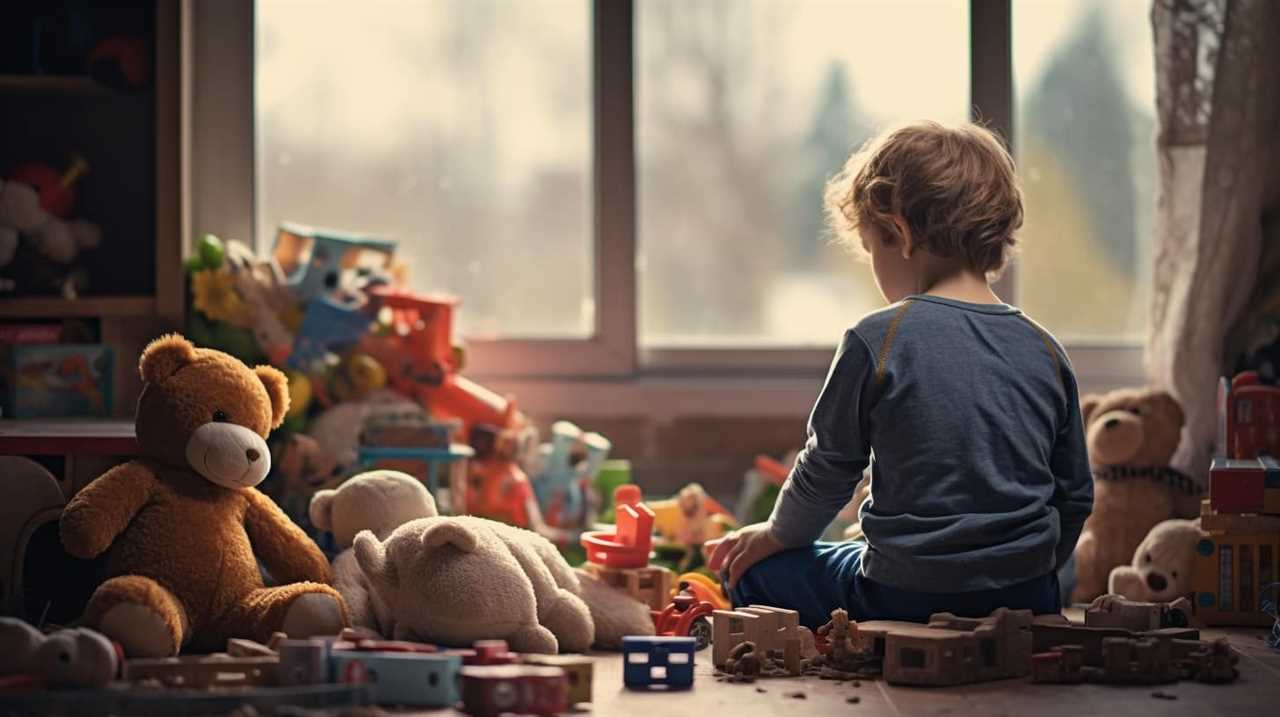
-
Empathy: Playing pretend allows me to step into someone else’s shoes and understand their feelings and perspectives. This helps me develop empathy, a crucial component of emotional intelligence.
-
Cooperation: Collaborative play, such as building with blocks or solving puzzles together, teaches me how to work as a team, listen to others’ ideas, and compromise. These skills are essential for positive social interactions.
-
Conflict Resolution: Play often involves negotiation and problem-solving, which teaches me how to resolve conflicts and find win-win solutions. These experiences enhance my ability to handle disagreements in real-life situations.
The Role of Role-Playing in Preschool Learning
As a preschooler, role-playing has allowed me to step into different characters and explore various situations, fostering my imagination and creativity. Role-playing benefits children in numerous ways, providing them with imaginative play advantages that contribute to their overall development. Through role-playing, children can develop important social and emotional skills, such as empathy, communication, and problem-solving. It allows them to understand and regulate their own emotions, while also promoting cooperation and negotiation with others. Role-playing also enhances cognitive abilities as children create narratives, make decisions, and solve problems within their play scenarios. To emphasize the benefits of role-playing, here is a table showcasing the advantages it brings to preschool learning:
| Role-Playing Benefits | Imaginative Play Advantages |
|---|---|
| Social and emotional development | Enhanced creativity and problem-solving skills |
| Empathy and communication skills | Improved cognitive abilities |
| Cooperation and negotiation skills | Development of decision-making skills |
Through role-playing, children can truly unleash their imagination and gain valuable skills that will support their future learning and development.
The Power of Puzzles for Cognitive Development
Solving puzzles has improved my problem-solving skills and cognitive development. The process of working through a puzzle requires me to think critically, analyze information, and come up with strategies to solve it. Research has shown that puzzle solving in early childhood has numerous benefits for cognitive development.
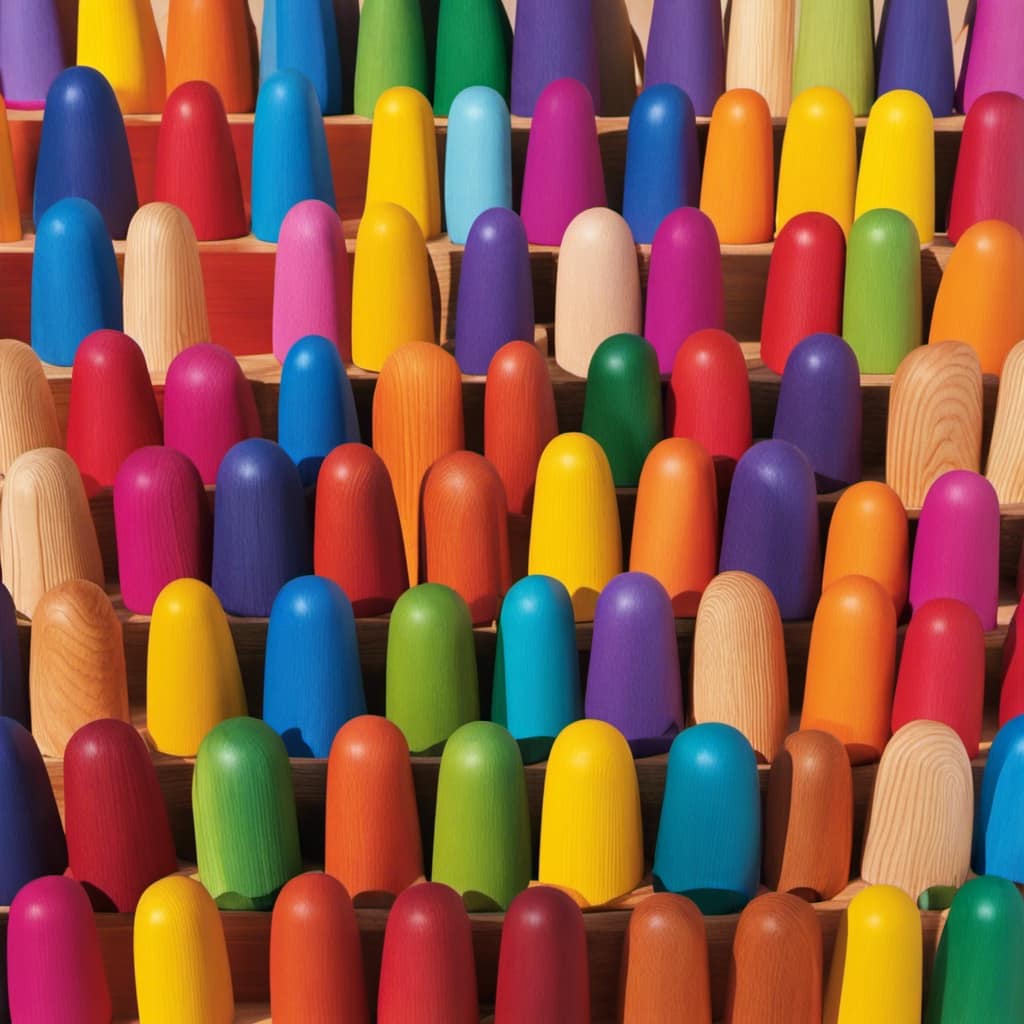
Here are three key strategies that can enhance puzzle solving skills and promote cognitive growth in young children:
-
Start with simple puzzles: Beginning with puzzles that have fewer pieces helps children build confidence and develop basic problem-solving skills.
-
Encourage trial and error: Allowing children to try different approaches and learn from their mistakes fosters perseverance and resilience.
-
Provide support and guidance: Offering verbal prompts, asking open-ended questions, and providing assistance when needed can help children develop problem-solving strategies and expand their cognitive abilities.
Storytelling Toys: Building Language and Communication Skills
Using storytelling toys has greatly improved my language and communication skills. These toys have been instrumental in building my vocabulary, comprehension, and communication skills.
Through engaging with these toys, I have developed language fluency and expression. Storytelling toys provide opportunities for me to explore different narratives, characters, and scenarios, which in turn enhances my understanding of language and its usage.

By actively participating in storytelling, my comprehension skills have improved as I learn to understand and interpret different storylines and themes.
Additionally, these toys have helped me develop my communication skills by encouraging me to express my thoughts, ideas, and emotions through storytelling.
Overall, storytelling toys have played a crucial role in my language and communication development, fostering both fluency and expression.
Counting and Sorting Toys: Fostering Critical Thinking
Counting and sorting toys have greatly enhanced my critical thinking skills, allowing me to analyze, evaluate, and make informed decisions. Here are three ways these toys foster logical reasoning and develop problem-solving skills:
-
Building a strong foundation: Counting and sorting toys introduce children to basic mathematical concepts like numbers, patterns, and shapes. By manipulating and organizing objects, children develop their ability to categorize, sequence, and problem-solve.
-
Encouraging strategic thinking: Counting and sorting toys often come with different challenges and tasks that require children to think strategically. They learn to plan, strategize, and make decisions based on the information they gather from the toys.
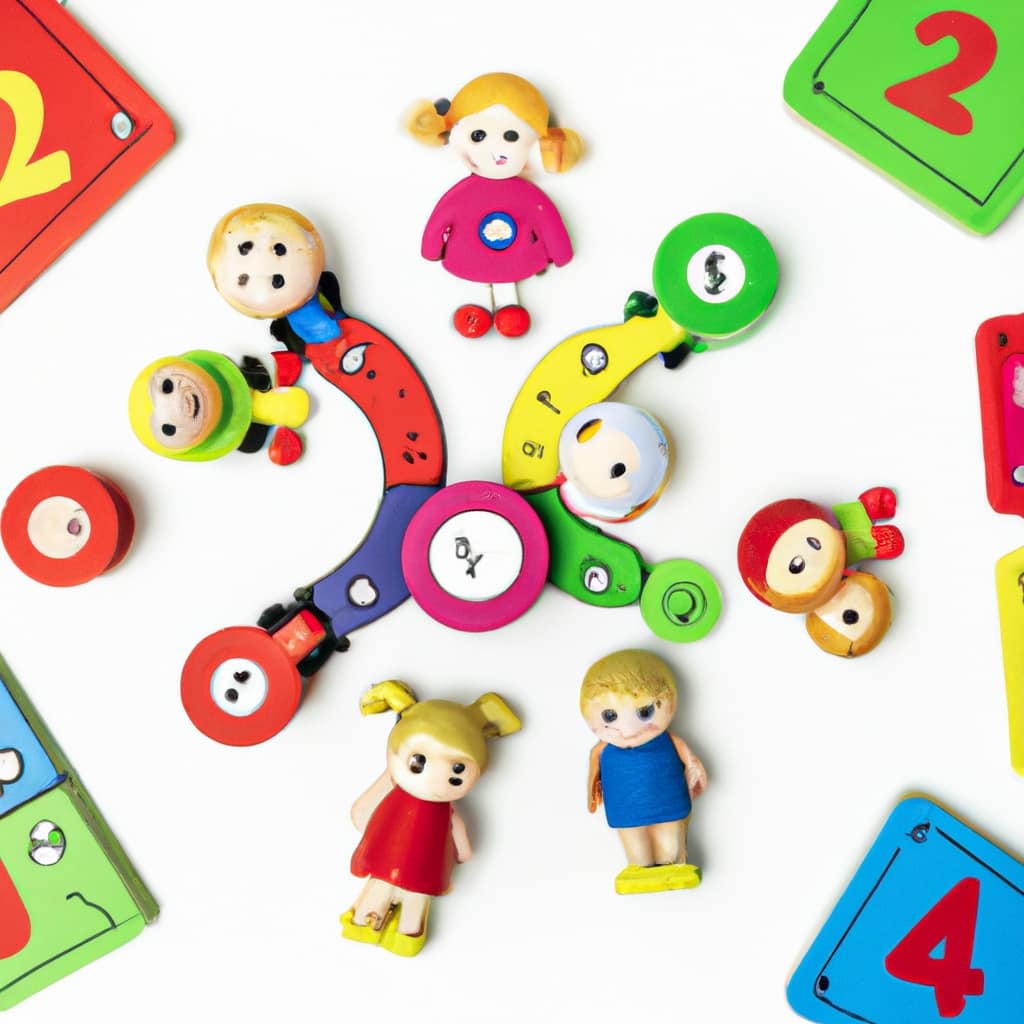
-
Enhancing cognitive flexibility: Counting and sorting toys offer endless possibilities for exploration and experimentation. Children develop their ability to adapt, think flexibly, and find multiple solutions to a problem.
Incorporating counting and sorting toys in playtime not only makes learning fun but also nurtures critical thinking skills that will benefit children throughout their lives.
Building Blocks: Enhancing Spatial Awareness
Playing with building blocks has greatly improved my spatial awareness, allowing me to understand and navigate three-dimensional spaces more effectively. Building blocks not only stimulate creativity and problem-solving skills but also enhance spatial reasoning and mathematical concepts.
As I construct and manipulate these blocks, I am engaging in a form of play that promotes the development of my cognitive abilities. By visualizing and manipulating the blocks in my mind, I am strengthening my spatial reasoning skills, which are essential for understanding shapes, sizes, and distances.
Moreover, building blocks provide a hands-on experience that helps me grasp mathematical concepts such as symmetry, patterns, and geometry. Through the exploration and construction with building blocks, I am not only having fun but also developing key cognitive skills that will benefit me in various areas of my life.
Playdough and Finger Strength: Developing Fine Motor Skills
Kneading and shaping playdough has greatly improved my finger strength, allowing me to develop better control and dexterity in my hands. This simple activity not only provides hours of fun, but it also has numerous benefits for children’s development.
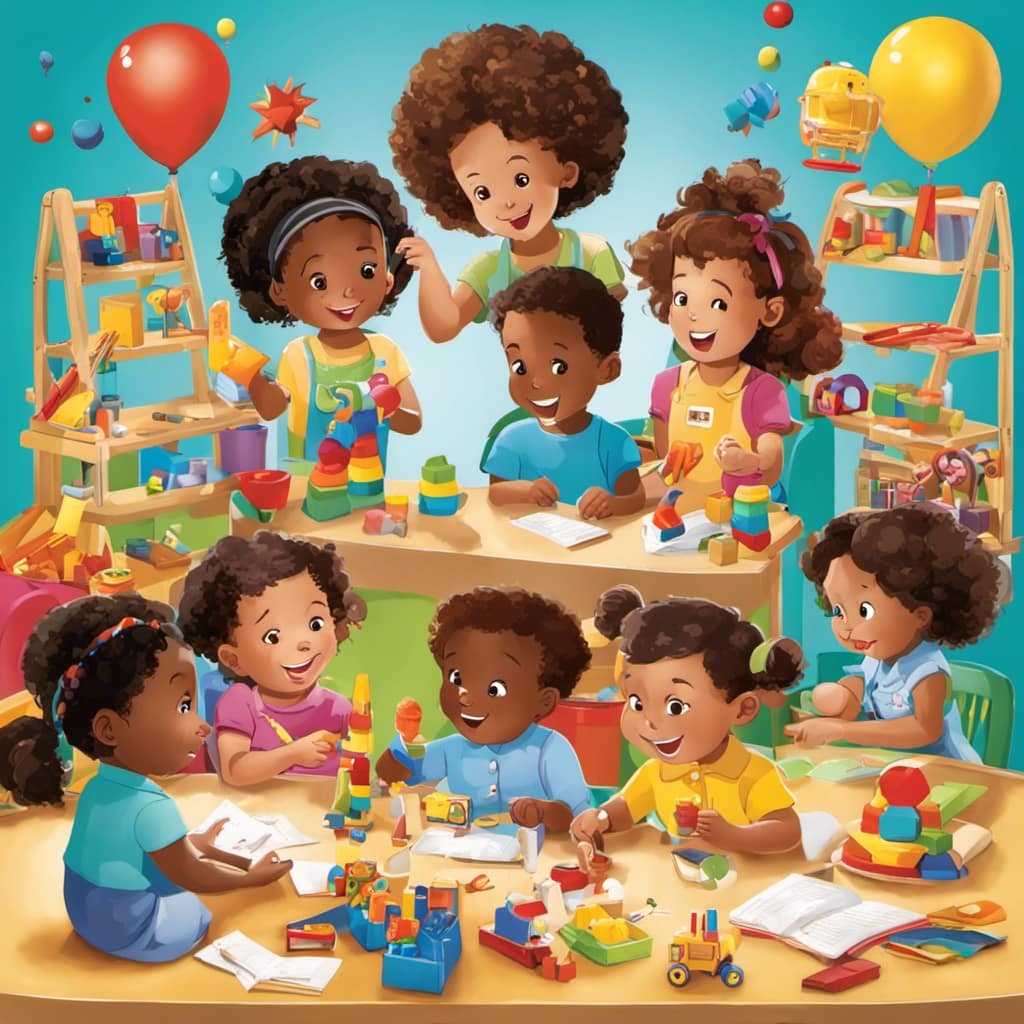
Here are three ways playdough can enhance hand-eye coordination and stimulate brain development:
-
Sensory Stimulation: The tactile experience of manipulating playdough engages multiple senses, promoting exploration and cognitive development. As children squish, mold, and shape the dough, they are enhancing their hand-eye coordination and fine motor skills.
-
Creativity and Imagination: Playdough provides an open-ended play experience that fosters creativity and problem-solving skills. Children can create endless possibilities, from building structures to sculpting animals, which stimulates their imagination and encourages them to think outside the box.
-
Fine Motor Skill Development: Manipulating playdough requires precise finger movements, strengthening hand muscles and improving control. This enhances fine motor skills, which are essential for tasks like writing, buttoning clothes, and using utensils.
Incorporating playdough into sensory play activities not only provides hours of entertainment but also supports children’s hand-eye coordination and promotes brain development.
Frequently Asked Questions
How Does Play Promote Creativity, Problem-Solving, and Critical Thinking Abilities in Preschoolers?
Play fosters creativity, problem-solving, and critical thinking skills in preschoolers. It encourages innovative thinking and allows children to explore different solutions. Additionally, play promotes language development and communication skills, enhancing their ability to express ideas and thoughts.
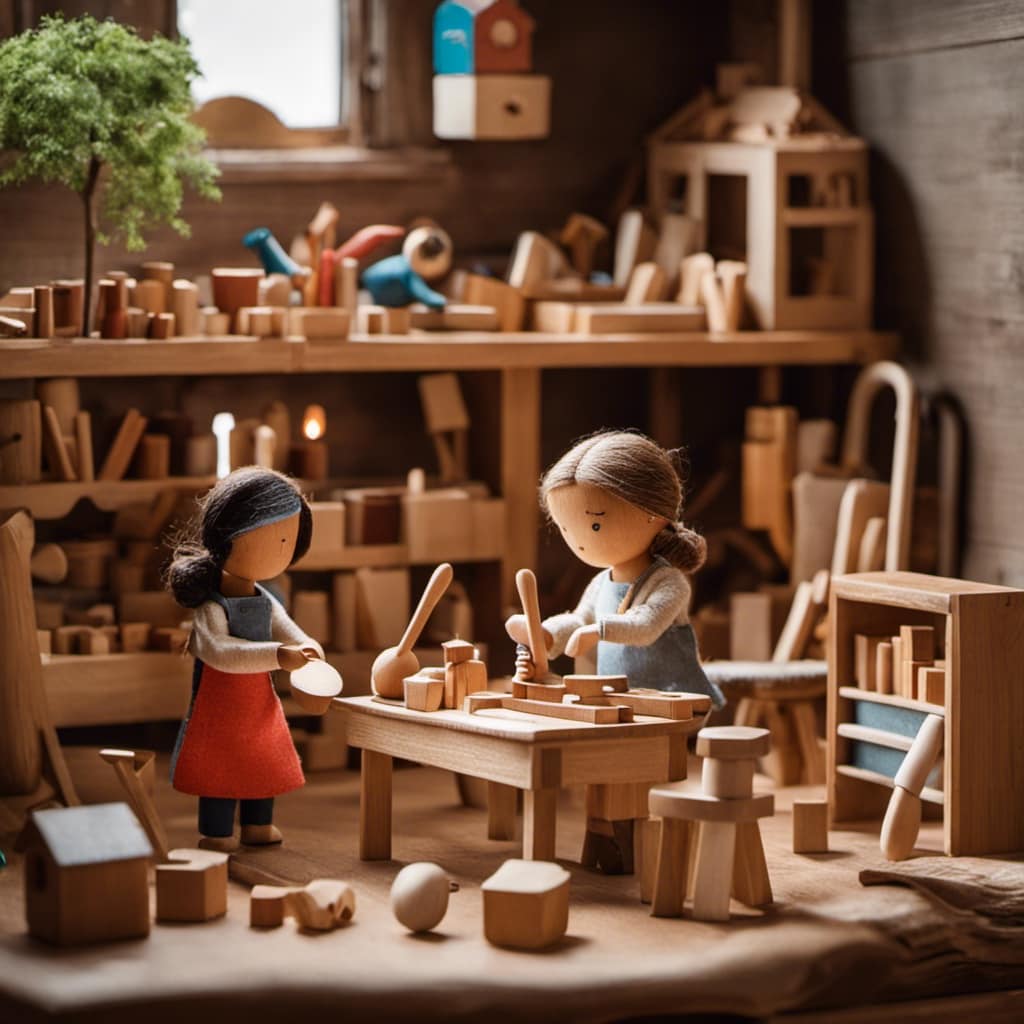
What Are Some Examples of Open-Ended Toys That Enhance Imaginative Play and Cognitive Development?
Open-ended toys, like blocks and dress-up clothes, enhance imaginative play and cognitive development. They encourage creativity, problem-solving, and social interaction. The benefits of these toys include fostering critical thinking skills and promoting the importance of imaginative play.
How Do Puzzles, Building Blocks, and Playdough Help Develop Fine Motor Skills in Preschoolers?
Puzzles, building blocks, and playdough help develop fine motor skills in preschoolers. Puzzles improve hand-eye coordination and problem-solving, building blocks strengthen hand muscles and spatial awareness, and playdough develops finger strength and control.
What Are the Benefits of Sensory Play in Terms of Cognitive Development, Fine Motor Skills, and Problem-Solving Abilities?
Sensory play benefits cognitive development, fine motor skills, and problem-solving abilities. It enhances language development, emotional regulation, and stimulates the brain. Exploring different textures, sounds, and visuals engages multiple senses and promotes learning.
How Does Role-Playing Contribute to the Social, Emotional, and Cognitive Development of Preschoolers?
Role-playing contributes to the social, emotional, and cognitive development of preschoolers by allowing them to understand and regulate their own emotions, develop empathy, and practice cooperation, communication, and problem-solving skills.
Conclusion
In conclusion, the power of play cannot be underestimated in the world of preschool learning.
Through the use of open-ended toys, children are able to engage their creativity and problem-solving skills, while also developing important social and cognitive abilities.
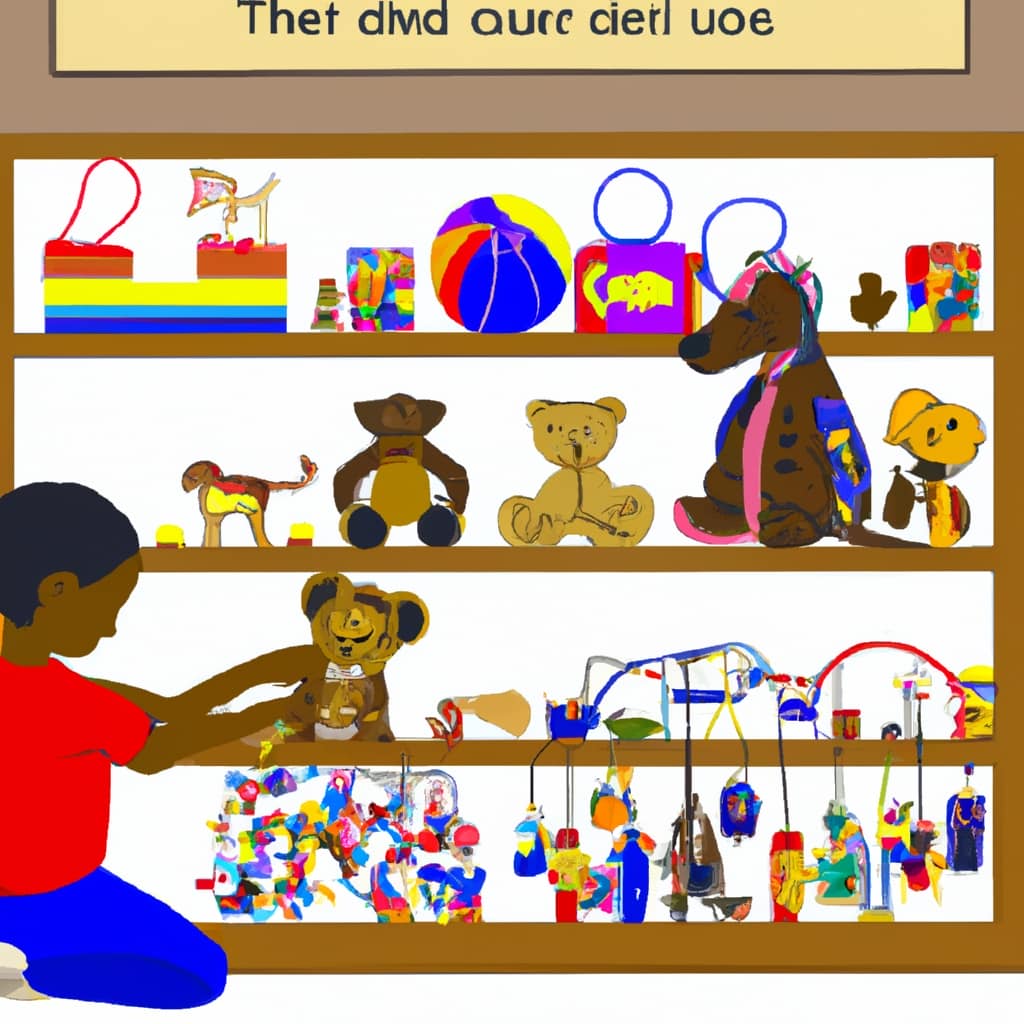
Sensory play allows them to explore the world around them and enhance their fine motor skills.
Role-playing and storytelling toys promote emotional and cognitive development, while counting and sorting toys foster critical thinking.
Building blocks and playdough help children develop spatial awareness and fine motor skills.
By providing a variety of toys and opportunities for play, we can truly unlock the potential of our preschoolers and set them up for success in their educational journey.
Preschool Toys
Top Educational Arts and Crafts Toys for Toddlers

Are you searching for high-quality educational arts and crafts toys for your children? Your search ends here!
We’ve curated a list of the top toys that will not only entertain your toddlers but also promote their development.
From colorful painting sets to engaging building blocks, these toys will spark creativity and enhance fine motor skills.
So, get ready to embark on a creative journey with your little artists!
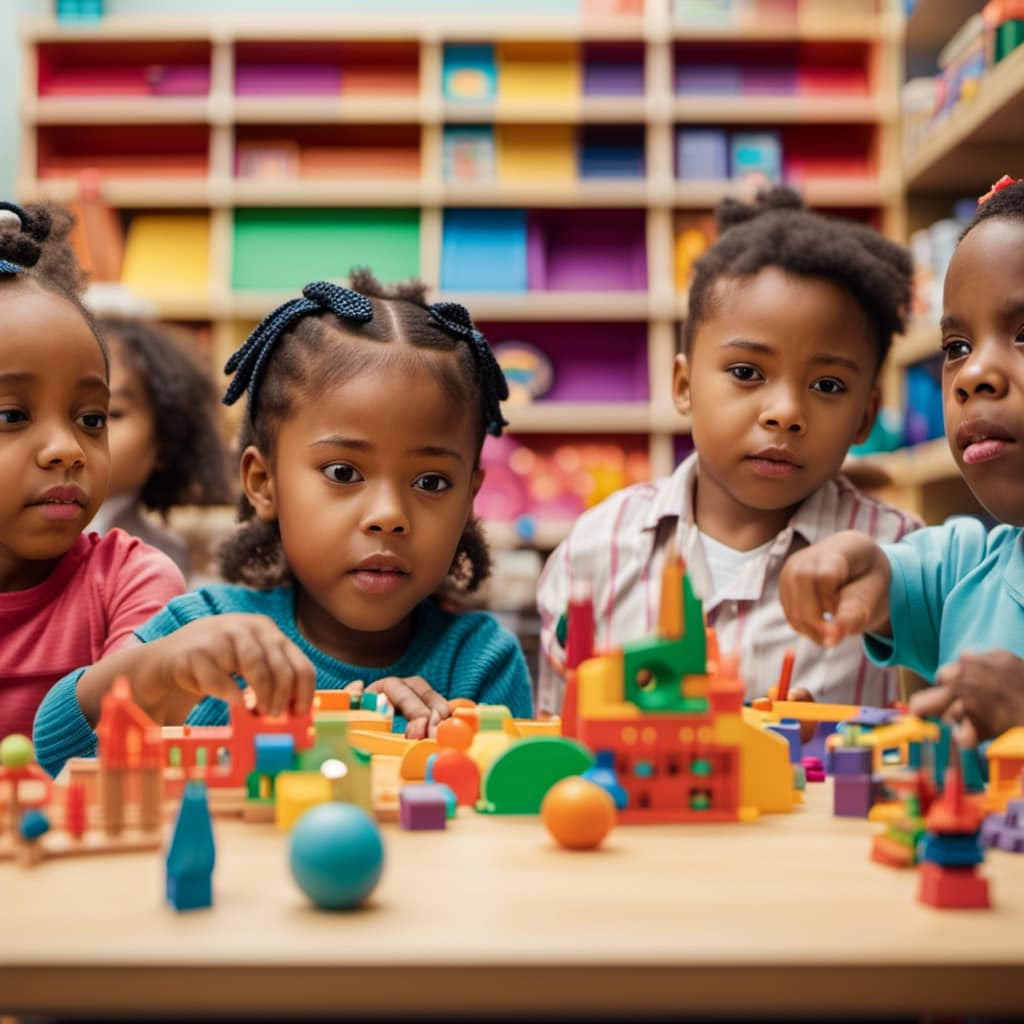
Key Takeaways
- Promotes sensory play in early childhood
- Develops cognitive and sensory processing skills
- Enhances fine motor skills
- Fosters creativity and imagination
Benefits of Educational Arts and Crafts Toys
There are several key benefits of using educational arts and crafts toys for toddlers. One of the main benefits is the promotion of sensory play in early childhood. Arts and crafts activities engage multiple senses, such as touch, sight, and even smell. This sensory stimulation helps toddlers develop their cognitive and sensory processing skills. By exploring different textures, colors, and materials, they learn to make connections between their senses and the world around them.
Additionally, engaging in arts and crafts activities can have a positive impact on the development of fine motor skills. Toddlers are encouraged to use their hands and fingers to manipulate materials, such as drawing, cutting, and gluing. These activities require hand-eye coordination and help strengthen the muscles in their hands, fingers, and wrists. As a result, their fine motor skills improve, which will be beneficial for tasks like writing, self-feeding, and dressing themselves.
Factors to Consider When Choosing Arts and Crafts Toys
One important factor to consider when choosing arts and crafts toys for toddlers is the age appropriateness of the materials. It’s crucial to select toys that are suitable for a child’s developmental stage to ensure they can safely and effectively engage with the activities. Age appropriateness takes into account the complexity of the tasks, the size of the pieces, and the level of fine motor skills required.
Toys that are too advanced may frustrate the child, while those that are too simple may bore them. By choosing toys that align with the child’s age, you can provide a stimulating and enjoyable experience that promotes their creativity, imagination, and cognitive development.
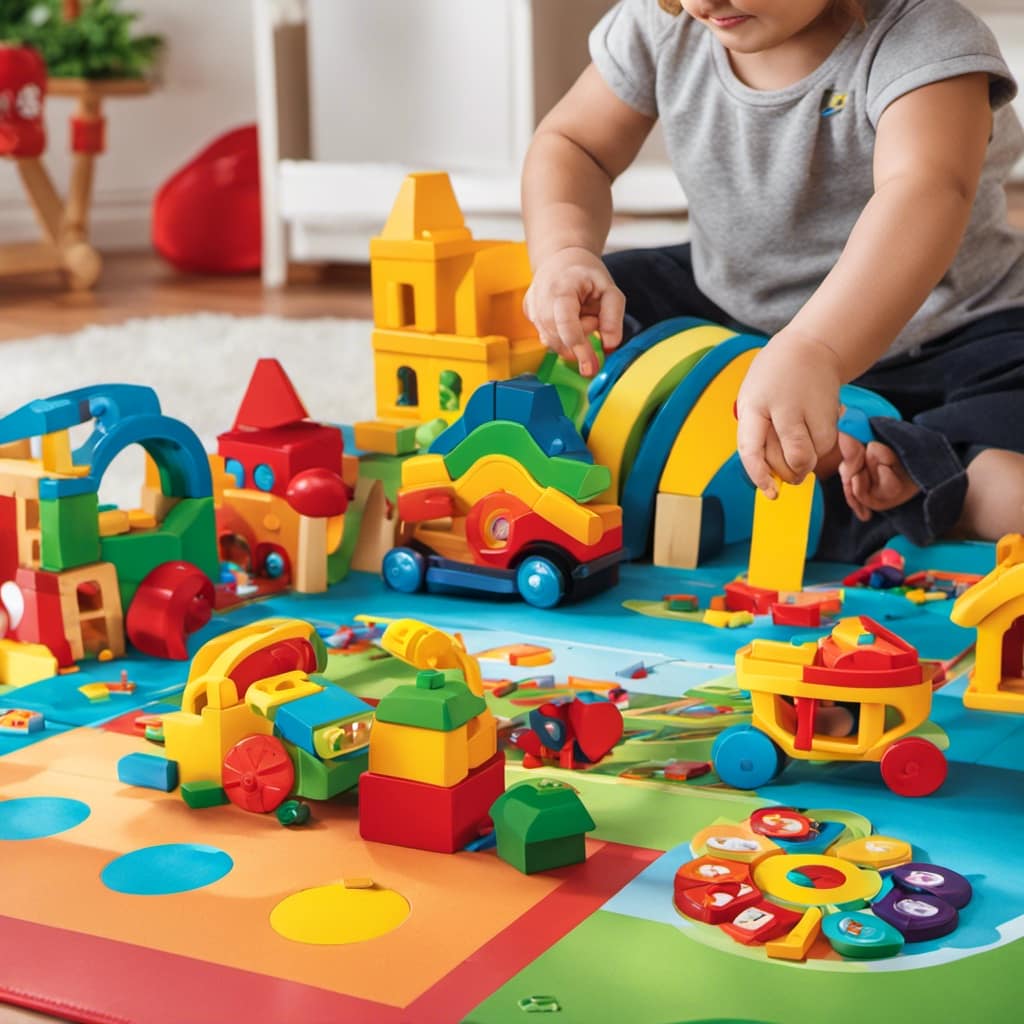
It’s also important to regularly review and update the toys as the child grows to continue challenging and engaging them.
Top Creative Arts and Crafts Toys for Toddlers
Let’s explore the top creative arts and crafts toys for toddlers. When it comes to fostering imagination and creativity, these innovative artistic toys and interactive craft activities are perfect for little ones. They provide endless opportunities for self-expression and skill development. Check out the table below for some of the best options:
| Toy Name | Description | Age Range |
|---|---|---|
| Play-Doh Fun Factory | Allows children to create various shapes and sculptures with colorful dough | 2+ |
| Melissa & Doug Deluxe Standing Easel | Features a chalkboard, dry-erase board, and paper roll for drawing and painting | 3+ |
| Crayola Inspiration Art Case | Includes a wide range of art supplies like markers, crayons, and colored pencils | 4+ |
| Alex Discover My Giant Busy Box | Contains multiple craft activities such as coloring, sticker art, and paper bag puppets | 3+ |
| LEGO DUPLO Creative Play Brick Set | Lets toddlers build and create their own structures using large, colorful bricks | 2+ |
These toys not only provide entertainment but also promote fine motor skills, hand-eye coordination, and cognitive development. Now, let’s delve into how educational arts and crafts toys further enhance a child’s growth and learning.
How Educational Arts and Crafts Toys Promote Development
Educational arts and crafts toys contribute to the development of toddlers through fostering creativity and imagination. These activities provide a platform for cognitive development as children engage in various arts and crafts tasks. When children are involved in arts and crafts, they’re encouraged to think creatively, problem-solve, and make decisions. This enhances their cognitive abilities and helps them develop critical thinking skills.

Additionally, educational arts and crafts toys play a crucial role in enhancing fine motor skills. As children manipulate materials, cut, paste, and color, they refine their hand-eye coordination and dexterity. This helps improve their ability to control and coordinate their movements, which is essential for activities such as writing and drawing.
Tips for Engaging Toddlers With Arts and Crafts Toys
When engaging toddlers with arts and crafts toys, we can encourage their creativity and development by providing a variety of materials and age-appropriate tasks.
Toddlers have a natural curiosity and love exploring new things. Engaging them with arts and crafts toys not only keeps them entertained but also helps in their cognitive and motor skill development.
One tip is to choose toys that are safe and non-toxic, ensuring the child’s safety. Another tip is to offer a variety of materials such as crayons, markers, paints, and different types of paper to promote their creativity.

It’s important to provide age-appropriate tasks that aren’t too challenging or frustrating for toddlers. This will help them feel successful and encouraged to continue exploring their artistic abilities.
Frequently Asked Questions
Are There Any Safety Concerns to Consider When Choosing Educational Arts and Crafts Toys for Toddlers?
When choosing educational arts and crafts toys for toddlers, safety considerations are crucial. It’s important to ensure age-appropriate toys, checking for small parts, sharp edges, and toxic materials. Protecting our little ones is always a priority.
Can Educational Arts and Crafts Toys Help Improve Fine Motor Skills in Toddlers?
Yes, educational arts and crafts toys can greatly improve fine motor skills in toddlers. These activities require them to use their hands and fingers, which enhances their coordination and dexterity. It also stimulates their cognitive development.
Are These Toys Suitable for Children With Special Needs or Learning Disabilities?
Yes, these toys are suitable for children with special needs or learning disabilities. Inclusive play is important, and these toys can be adapted to accommodate different abilities, allowing all children to participate and learn.

How Can Parents Encourage Their Toddlers to Express Their Creativity While Using Arts and Crafts Toys?
Encouraging creativity in toddlers is essential for their development. Arts and crafts toys provide a platform for self-expression and exploration. They help improve fine motor skills, problem-solving abilities, and stimulate imagination.
What Are Some Alternative Ways to Engage Toddlers With Educational Arts and Crafts Toys Aside From Traditional Paper and Paint Activities?
We can engage toddlers with educational arts and crafts toys through sensory exploration and open-ended play. This allows them to explore different textures, colors, and materials, fostering their creativity and imagination.
Conclusion
In conclusion, educational arts and crafts toys for toddlers can be a valuable tool in promoting development and creativity. By engaging with these toys, toddlers can enhance their cognitive, motor, and social skills.
When choosing arts and crafts toys, it’s important to consider factors such as safety, age appropriateness, and educational value. With a wide array of options available, parents can provide their toddlers with stimulating and enjoyable activities that foster growth and learning.

So, let’s embark on this artistic adventure and watch our little ones blossom!
Preschool Toys
Why Are STEM Toys Essential for Preschool Education?

At Preschool Education, we firmly believe that STEM toys are crucial for the development of young children. These interactive toys help improve key skills like problem-solving and creativity. By incorporating STEM toys into our curriculum, we ensure that our students are prepared for future endeavors.
But how do we choose the right toys? Join us as we explore the benefits and importance of STEM toys in preschool education, and discover how they can serve our little learners.
Key Takeaways
- STEM toys foster critical thinking and problem-solving skills in preschoolers.
- STEM toys enhance cognitive development and lay the foundation for future learning.
- STEM toys encourage creativity and innovation through hands-on experiences.
- Incorporating STEM toys in preschool curriculum promotes hands-on learning, critical thinking, and teamwork.
Benefits of STEM Toys for Preschoolers
We believe that preschoolers greatly benefit from the use of STEM toys due to their ability to foster critical thinking and problem-solving skills.
Cognitive development is a crucial aspect of a child’s growth, and STEM toys provide an excellent platform to enhance these skills.
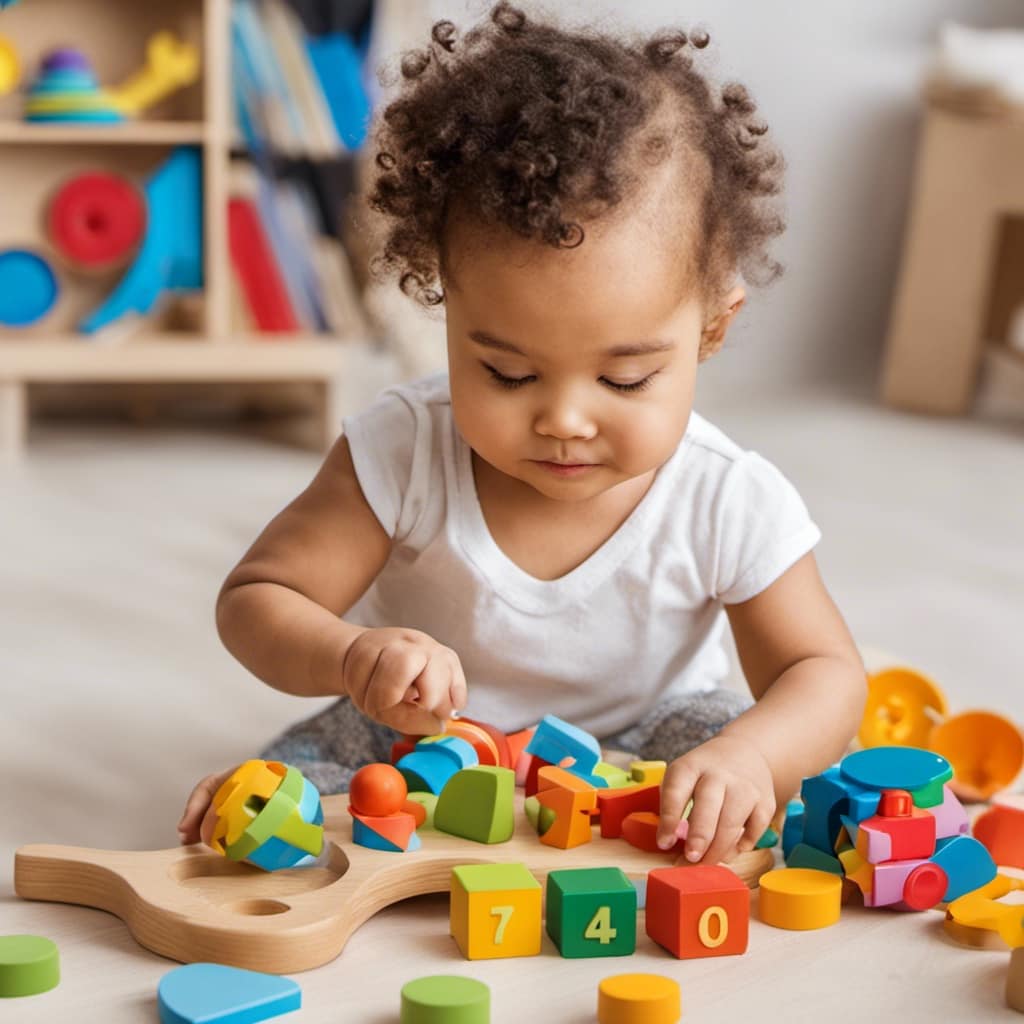
Through hands-on learning experiences, preschoolers are able to explore, experiment, and problem-solve in a fun and engaging way.
STEM toys encourage children to think critically, analyze information, and find solutions to challenges.
This type of interactive play helps develop their logical reasoning, spatial awareness, and creativity.
Research shows that children who engage with STEM toys at an early age demonstrate improved cognitive abilities and are better equipped to tackle complex problems later in life.

As we delve into the subsequent section about the developmental skills enhanced by STEM toys, we’ll further explore the long-term benefits of incorporating these toys into preschool education.
Developmental Skills Enhanced by STEM Toys
As we continue exploring the benefits of STEM toys for preschoolers, it is important to recognize the various developmental skills that are enhanced through their use. STEM toys not only provide children with a fun and engaging play experience, but they also promote the development of fine motor skills and cognitive abilities.
Fine motor skills, which involve the coordination and control of small muscles, are crucial for tasks such as writing, drawing, and manipulating objects. STEM toys often require children to manipulate small pieces, assemble structures, or use tools, which helps to strengthen their fine motor skills.
In terms of cognitive development, STEM toys encourage critical thinking, problem-solving, and logical reasoning. They present children with challenges that require them to think creatively and come up with innovative solutions. This type of play fosters the development of important cognitive skills that will benefit children in various aspects of their lives.
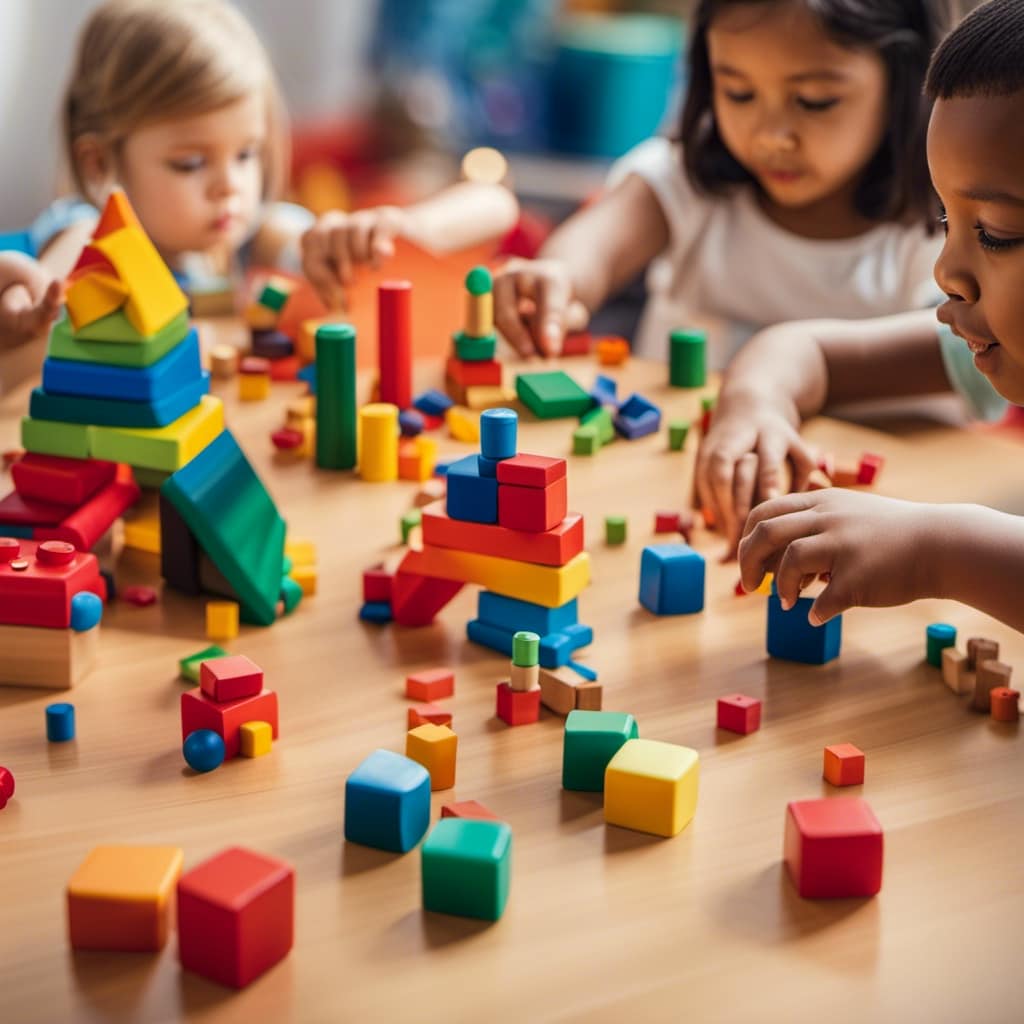
To summarize, STEM toys play a vital role in enhancing both fine motor skills and cognitive development in preschoolers. By engaging in STEM play, children develop the foundation for future learning and problem-solving abilities.
| Developmental Skills Enhanced by STEM Toys | Examples |
|---|---|
| Fine Motor Skills | Manipulating small pieces, assembling structures, using tools |
| Cognitive Development | Critical thinking, problem-solving, logical reasoning |
How STEM Toys Foster Creativity and Problem-Solving
STEM toys foster creativity and problem-solving skills by providing preschoolers with hands-on experiences that encourage exploration and innovation. These toys serve as catalysts for young minds, sparking their curiosity and allowing them to think outside the box. By engaging in activities that involve building, designing, and experimenting, children develop their ability to think creatively and critically.
Encouraging innovation through STEM toys involves giving children the freedom to explore and come up with their own unique solutions to various challenges. This process not only enhances their creativity but also nurtures their problem-solving skills. As they encounter obstacles and setbacks, they learn to persevere and think critically to overcome them.
STEM toys also provide opportunities for children to engage in open-ended play, where there are no right or wrong answers. This type of play allows them to develop their imagination and explore different possibilities. By nurturing critical thinking with STEM toys, preschoolers learn to analyze problems, evaluate options, and make informed decisions.
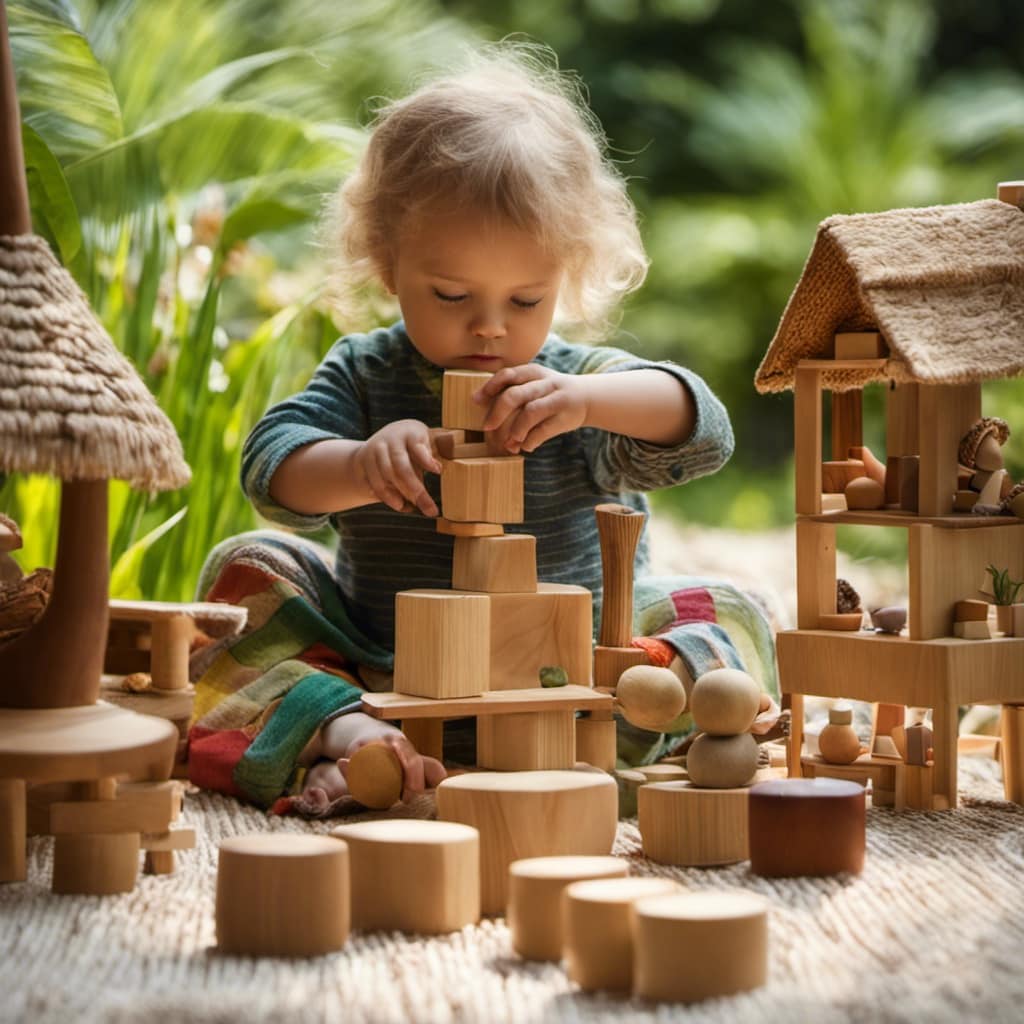
Incorporating STEM Toys in Preschool Curriculum
Integrating STEM toys into the preschool curriculum enhances hands-on learning experiences. By incorporating these toys, educators can provide children with a strong foundation in science, technology, engineering, and math from an early age. This not only fosters a love for learning but also has a profound impact on their cognitive development.
Here are three reasons why integrating STEM toys in early childhood education is crucial:
-
Promotes critical thinking: STEM toys engage children in problem-solving activities, helping them develop critical thinking skills. This encourages them to analyze, evaluate, and draw conclusions, fostering their ability to think logically and creatively.
-
Encourages teamwork: Many STEM toys require collaboration, promoting teamwork and communication skills. Through group play, children learn to work together, share ideas, and solve problems collectively.
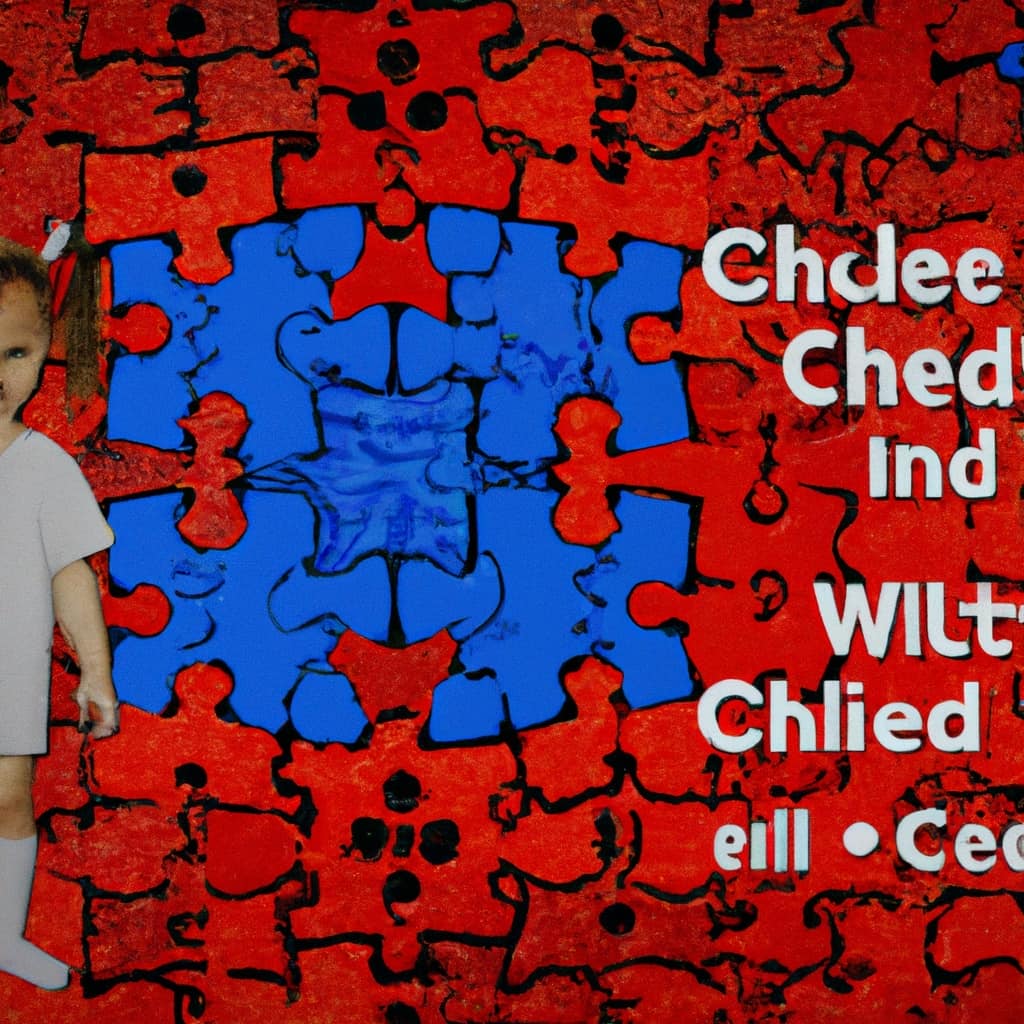
-
Boosts confidence: STEM toys enable children to experiment, make mistakes, and learn from them. This process builds their self-confidence as they explore new concepts and find solutions independently.
Choosing the Right STEM Toys for Preschoolers
In selecting STEM toys for preschoolers, we prioritize providing hands-on learning experiences that foster critical thinking, teamwork, and confidence-building.
When choosing age-appropriate STEM toys, it’s important to consider the developmental stage of preschoolers. Look for toys that align with their cognitive abilities, motor skills, and interests.
For example, building blocks can help develop spatial awareness and problem-solving skills. Puzzles can enhance logical thinking and fine motor skills. Coding toys can introduce basic programming concepts and logical reasoning.

It’s also crucial to choose gender-neutral STEM toys that encourage inclusivity and equality. By avoiding toys that perpetuate gender stereotypes, we can create a more inclusive learning environment for all children.
Ultimately, the right STEM toys can engage preschoolers in meaningful play experiences while promoting their cognitive, social, and emotional development.
Frequently Asked Questions
Are STEM Toys Only Suitable for Older Children or Can Preschoolers Benefit From Them as Well?
Preschoolers can absolutely benefit from STEM toys! Not only do they promote hands-on learning, but they also foster critical thinking and problem-solving skills at an early age. STEM toys for younger children are essential for their cognitive development.
Can STEM Toys Be Used as a Replacement for Traditional Teaching Methods in Preschool Education?
STEM toys can enhance traditional teaching methods in preschool education. Their effectiveness lies in providing hands-on learning experiences, promoting critical thinking, and fostering problem-solving skills. They supplement and enrich the learning process, making it more engaging and impactful for young learners.

How Do STEM Toys Promote Critical Thinking Skills in Preschoolers?
STEM toys promote critical thinking skills in preschoolers by promoting problem solving and encouraging creativity. They provide hands-on experiences that allow children to explore, experiment, and make connections, fostering a love for learning and setting a strong foundation for future academic success.
Are There Any Specific Safety Guidelines or Considerations to Keep in Mind When Selecting STEM Toys for Preschoolers?
Are there specific safety guidelines to consider when choosing STEM toys for preschoolers? We should prioritize age appropriateness and ensure that the toys are free from small parts, sharp edges, and toxic materials.
Can STEM Toys Be Used to Address Specific Developmental Challenges or Learning Disabilities in Preschoolers?
STEM toys can be an effective tool for addressing developmental challenges and improving learning disabilities in preschoolers. By engaging them in hands-on activities, these toys promote problem-solving, critical thinking, and creativity, helping children overcome obstacles and enhance their cognitive abilities.
Conclusion
In conclusion, STEM toys play a vital role in preschool education by enhancing developmental skills, fostering creativity, and promoting problem-solving abilities.
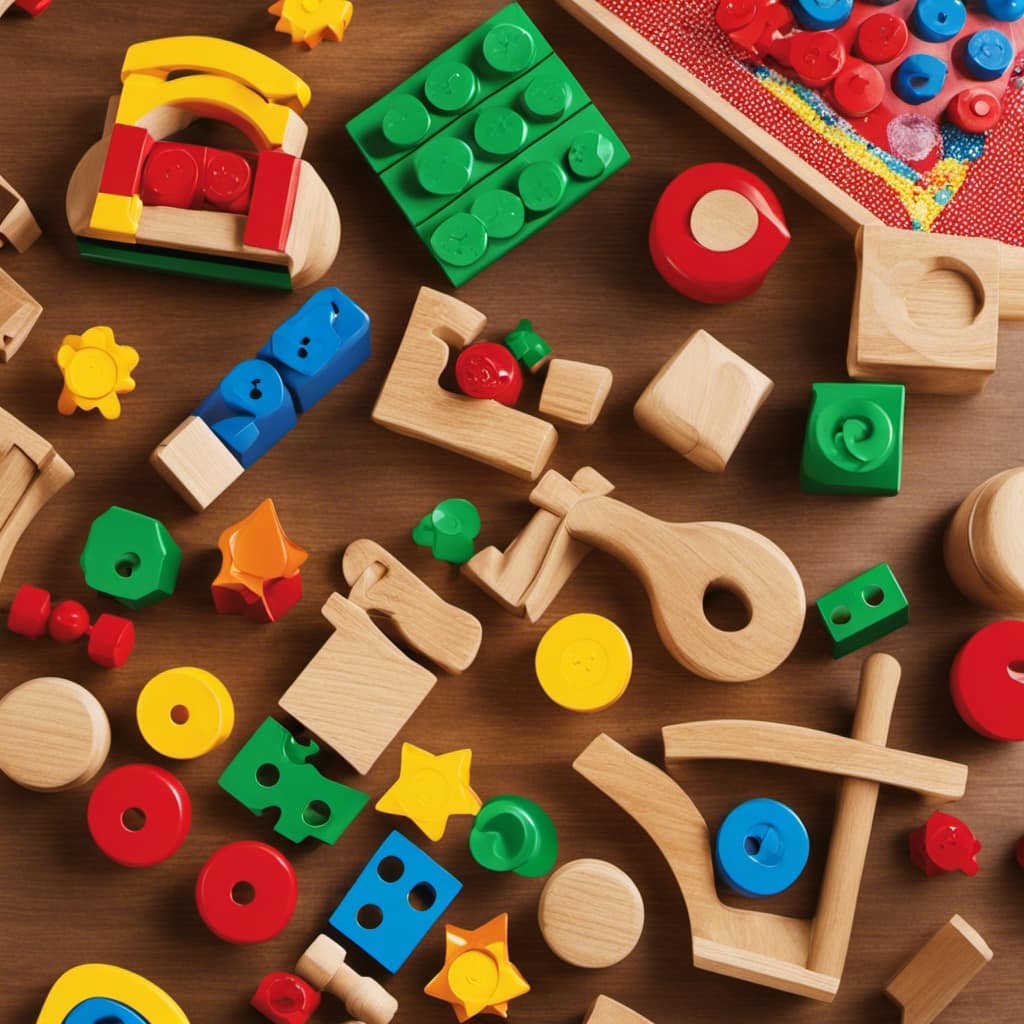
Research shows that children who engage with STEM toys at an early age are more likely to develop a strong foundation in science, technology, engineering, and math. In fact, a study conducted by the National Science Foundation found that preschoolers who were exposed to STEM toys showed significant improvements in critical thinking and problem-solving skills compared to their peers.
Preschool Toys
Top Educational Board Games for Preschoolers

Did you know that playing board games can be a fun and educational way for preschool children to develop important skills?
In fact, studies have shown that board games can enhance language, math, and social skills in young children.
So, if you’re looking for the best educational board games for your little ones, look no further!
We’ve compiled a list of the top games that will not only entertain, but also serve as valuable learning tools for your child’s growth and development.
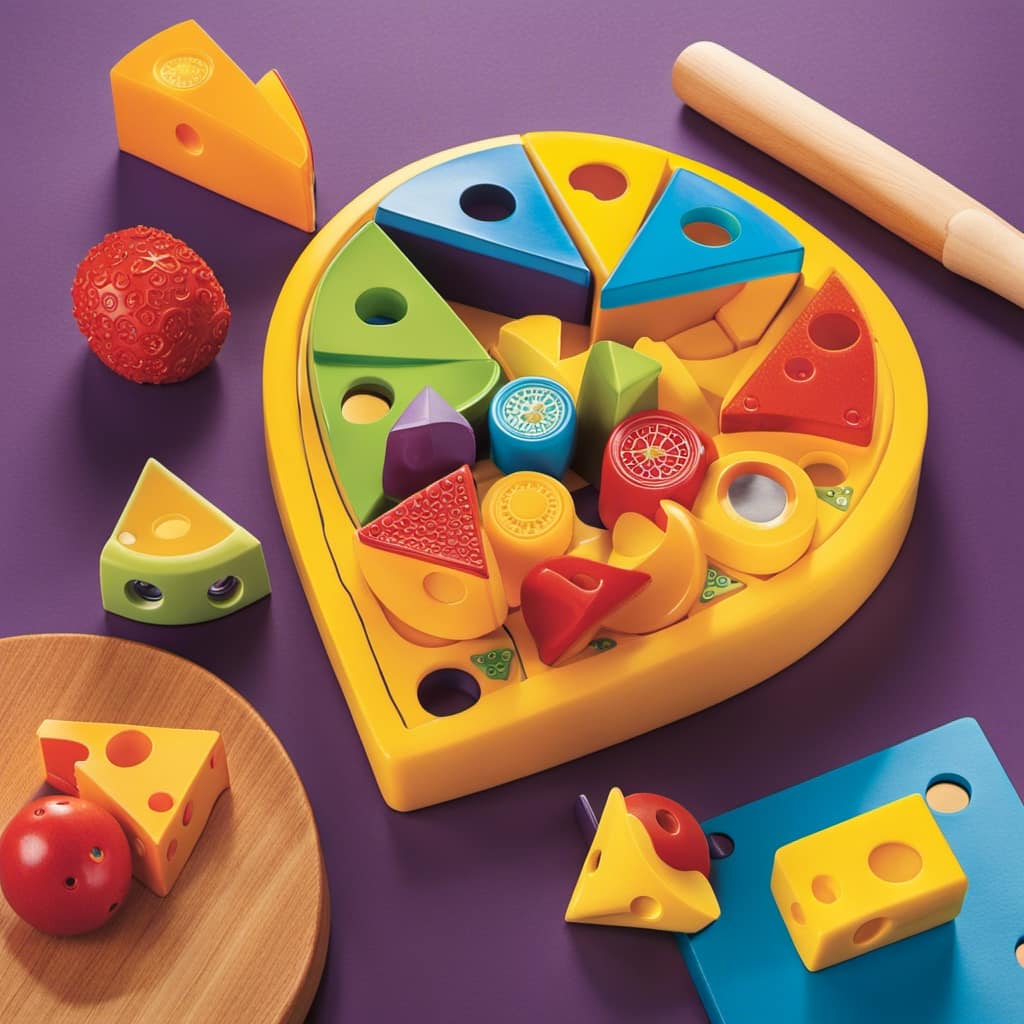
Let’s dive in and discover the world of educational board games together!
Key Takeaways
- Educational board games can enhance language, math, and social skills in preschoolers.
- They can improve critical thinking, problem-solving, and decision-making abilities.
- Educational board games can develop cognitive skills and encourage systematic and logical thinking.
- They provide a fun and interactive way for preschoolers to learn and develop important skills.
Benefits of Educational Board Games
One of the benefits of educational board games is that they provide preschoolers with a fun and interactive way to learn and develop important skills. Cognitive development is a key aspect of playing these games. Through engaging with the game, children are able to enhance their critical thinking, problem-solving, and decision-making abilities.
Board games often require players to strategize, plan ahead, and make choices, all of which contribute to the development of their cognitive skills. Additionally, these games offer opportunities for children to improve their problem-solving skills. By encountering challenges and obstacles within the game, preschoolers learn to think creatively, analyze situations, and find effective solutions.
This not only boosts their problem-solving abilities but also encourages them to approach problems in a systematic and logical manner. Educational board games truly provide a valuable avenue for preschoolers to enhance their cognitive and problem-solving skills while having fun.
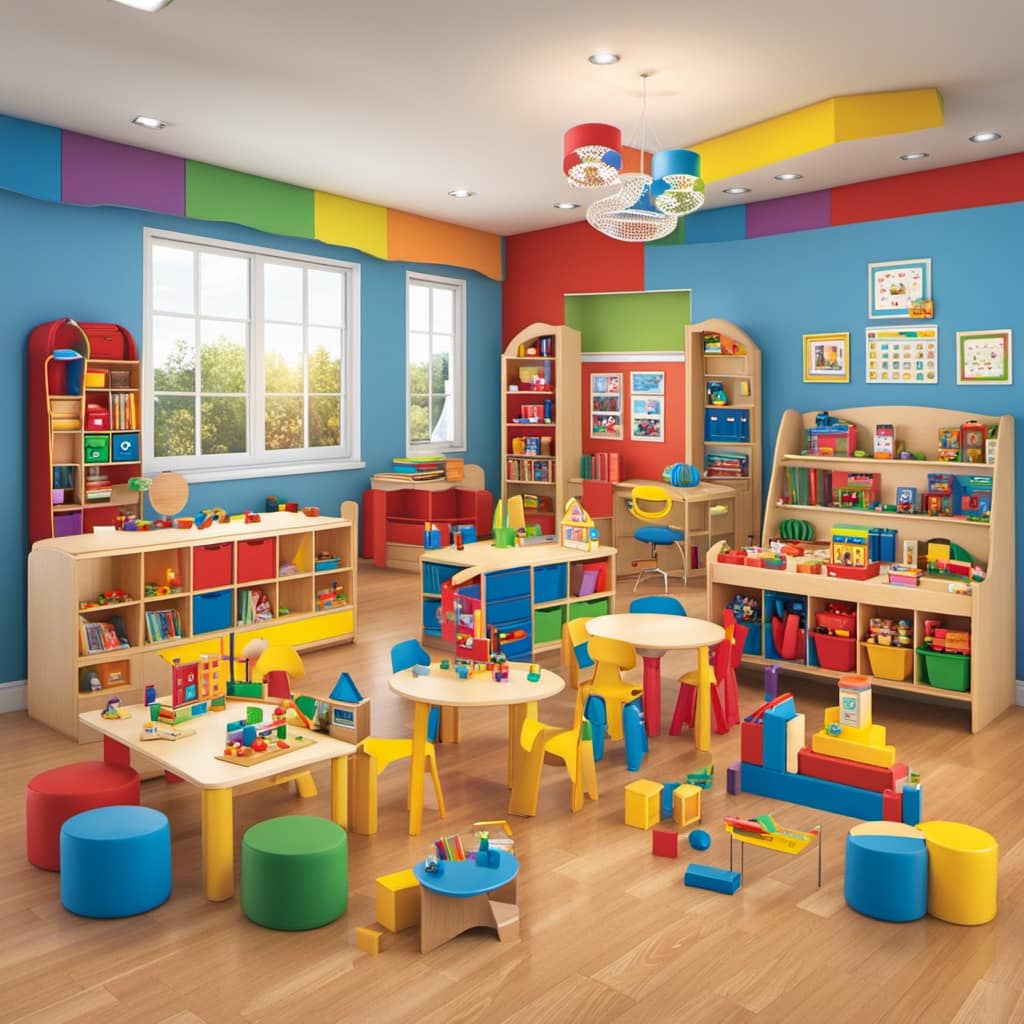
Factors to Consider When Choosing Board Games
When choosing board games for preschoolers, we need to consider several factors that will enhance their learning and engagement. The importance of age-appropriate games can’t be overstated. Here are three factors to consider when choosing board games for preschoolers:
-
Educational Value: Look for games that promote early learning skills such as counting, letter recognition, shapes, and colors. These games should be designed to engage and challenge young minds, while still being fun and enjoyable.
-
Developmental Skills: Consider games that support the development of fine motor skills, hand-eye coordination, and problem-solving abilities. These skills are crucial for preschoolers as they continue to grow and learn.
-
Social Interaction: Choose games that encourage social interaction and cooperation. Preschoolers learn important social skills such as taking turns, sharing, and working together through playing games with others.

Top Board Games for Language Development
To continue our exploration of board games for preschoolers, let’s delve into the top choices for language development. These games are not only fun but also help in vocabulary expansion and communication skills development. Here are some of the best board games that can assist in nurturing these important skills:
| Board Game | Description |
|---|---|
| Scrabble Junior | This classic word game is designed specifically for young children to learn letter recognition, spelling, and word formation. |
| Zingo | Zingo is a fast-paced game that helps children develop their vocabulary and word recognition. It encourages quick thinking and improves language skills. |
| The Very Hungry Caterpillar Spin & Seek ABC Game | Based on the popular children’s book, this game helps preschoolers with letter recognition, vocabulary, and matching skills. |
| Tell-A-Story | This storytelling game encourages creativity, imagination, and language development as children create their own narratives. |
Playing these board games with your preschooler not only fosters their love for learning but also enhances their language abilities. So grab a game and watch their vocabulary and communication skills flourish!
Board Games for Math Skills Enhancement
Moving on from our exploration of board games for language development, let’s now delve into the exciting world of board games that enhance math skills. These games not only make learning math fun and engaging but also promote problem-solving and critical thinking skills.
Here are three top board games for math skills enhancement:
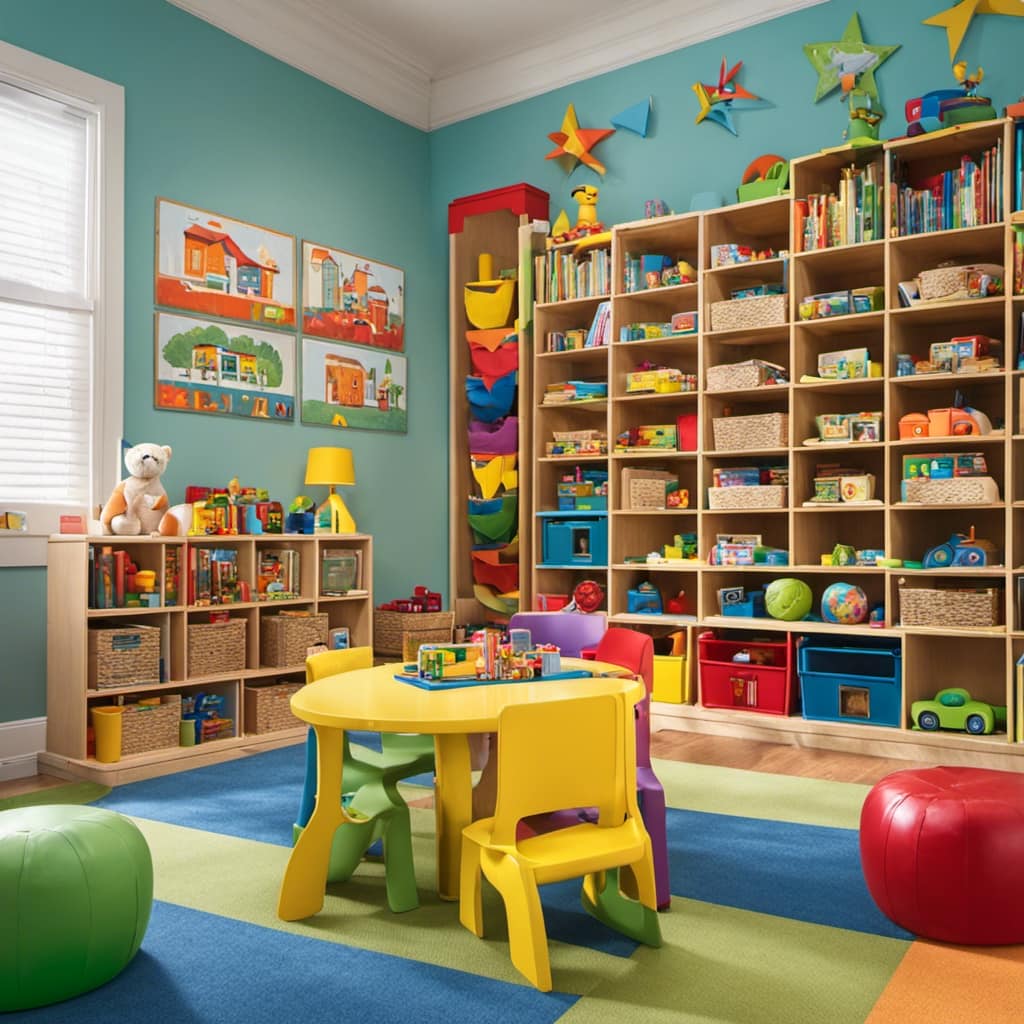
-
Sum Swamp: This game introduces basic addition and subtraction concepts in a swamp-themed adventure. Players navigate through the swamp, solving math problems along the way, and the first one to reach the end wins.
-
Math Dice Jr.: This game combines math and strategy as players roll the dice and use the numbers to create equations. It helps improve mental math skills and encourages quick thinking.
-
Count Your Chickens: Designed for younger children, this cooperative game focuses on counting and number recognition. Players work together to gather all the chicks and bring them back to the coop before the fox reaches them.
These board games provide a fun and interactive way for preschoolers to develop their math skills while fostering critical thinking and cognitive improvement.
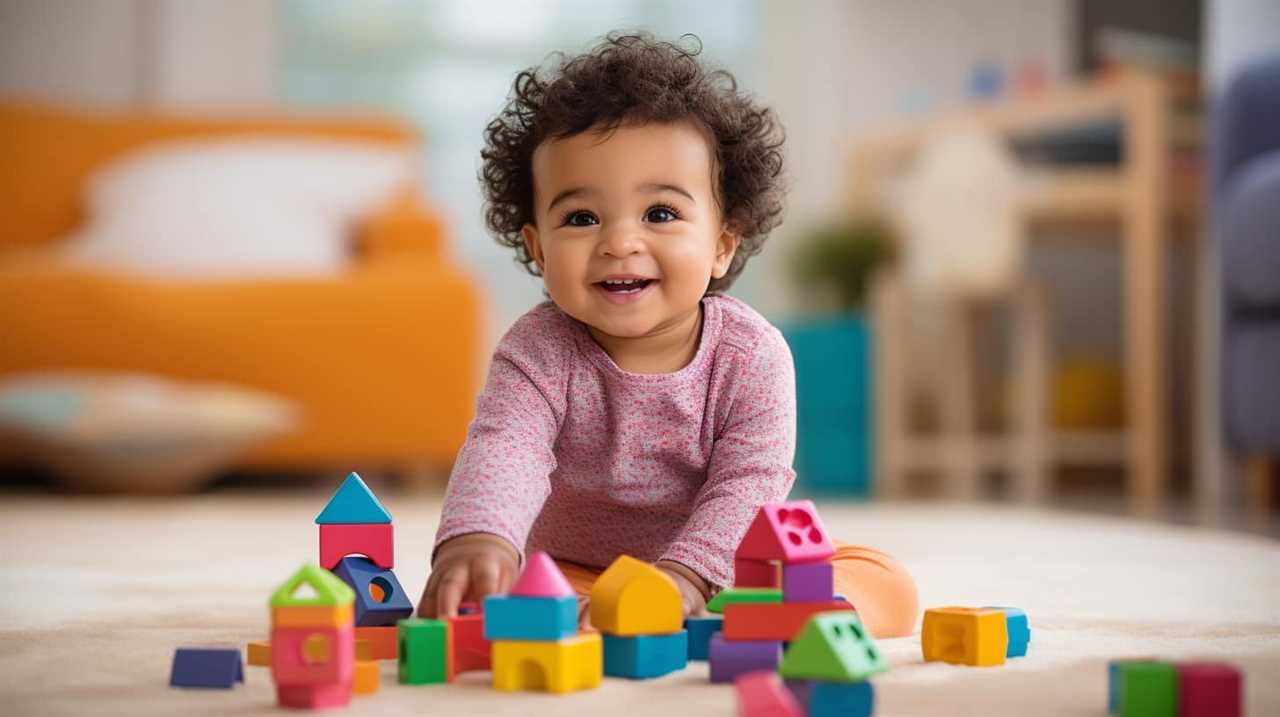
Social Skills Building Board Games
Now, let’s explore another exciting aspect of educational board games for preschoolers by diving into the world of social skills building board games. These games are designed to help children develop emotional intelligence and learn how to cooperate with others through play.
One example of a social skills building board game is ‘Emotional Charades,’ where children act out different emotions and guess what feeling they’re portraying. This game not only helps children recognize and understand emotions but also encourages empathy and communication.
Another great option is ‘Cooperation Tower,’ where players work together to build a tower using different shapes and sizes. This game promotes teamwork and problem-solving skills while fostering a sense of togetherness.
These social skills building board games provide a fun and interactive way for preschoolers to develop important social skills while having a great time with their friends.

Frequently Asked Questions
Are There Any Board Games That Specifically Focus on Cognitive Development for Preschoolers?
Yes, there are board games that focus on cognitive development for preschoolers. It’s important to choose age-appropriate games that promote problem-solving, memory skills, and critical thinking.
How Do Educational Board Games Help in the Development of Fine Motor Skills?
Playing educational board games can greatly aid in the development of fine motor skills in early childhood. By engaging in activities that require precise movements, children can improve their hand-eye coordination and dexterity. Incorporating board games in the preschool curriculum has numerous benefits.
Can Board Games Be Effective in Improving Problem-Solving Skills in Young Children?
Yes, board games can be effective in improving problem-solving skills in young children. They encourage critical thinking, decision-making, and strategy development. Additionally, playing educational board games with preschoolers promotes social interaction and cooperation.
Are There Any Board Games That Promote Creativity and Imagination in Preschoolers?
Yes, there are board games that promote creativity and imagination in preschoolers. Role playing board games and storytelling board games are great options for fostering these skills while having fun.

What Are Some Strategies or Techniques for Incorporating Educational Board Games Into a Preschool Curriculum?
Incorporating educational board games into a preschool curriculum can be achieved through various strategies. Examples include incorporating game time into the schedule, reinforcing concepts with board games, and involving parents in game-based learning activities.
Conclusion
In conclusion, educational board games for preschoolers offer a fun and interactive way for young children to learn and develop important skills. By engaging in these games, children can enhance their language, math, and social skills while having a blast with friends and family.
Imagine the joy on their faces as they eagerly participate in these games, building their knowledge and confidence along the way.
So, why not introduce these top board games into your preschooler’s playtime and watch them thrive academically and socially?
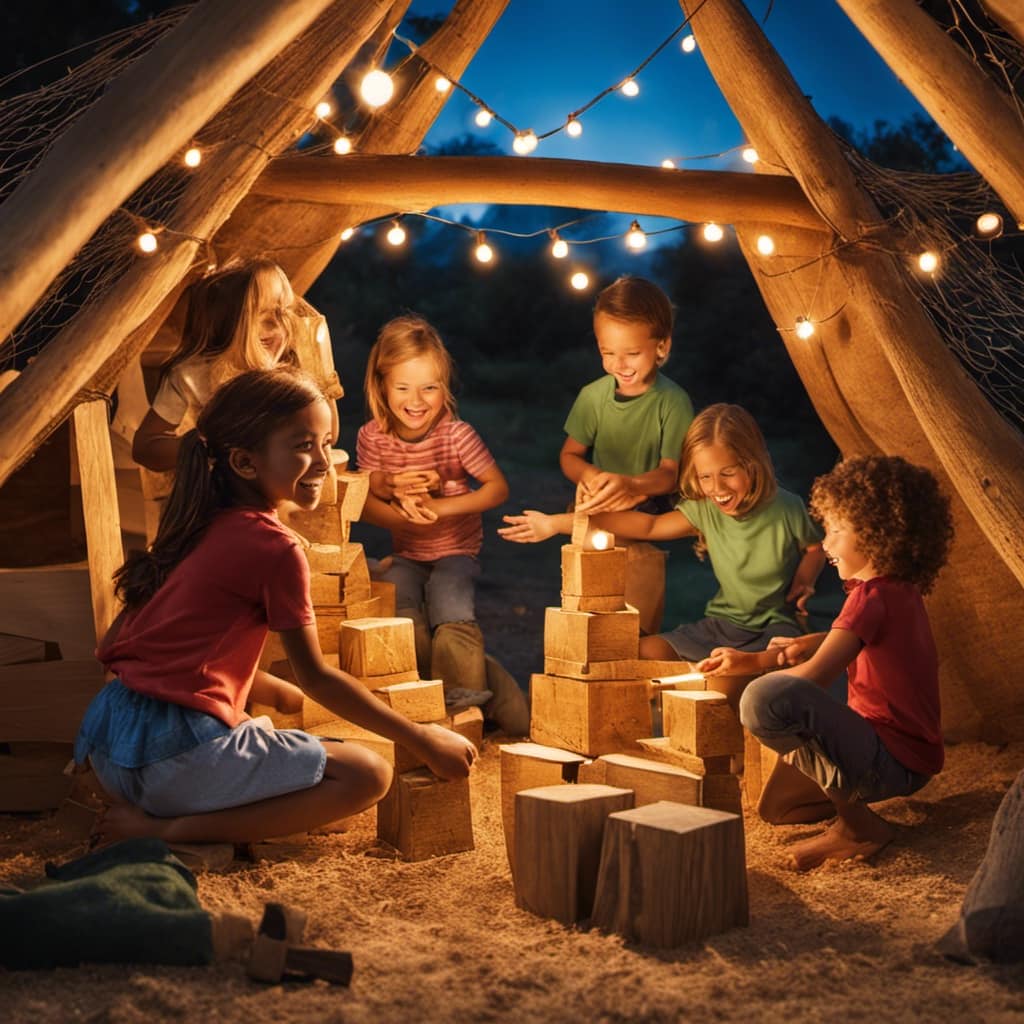
-

 Child Development3 months ago
Child Development3 months agoEgocentrism: Understanding a Child’s Perspective
-
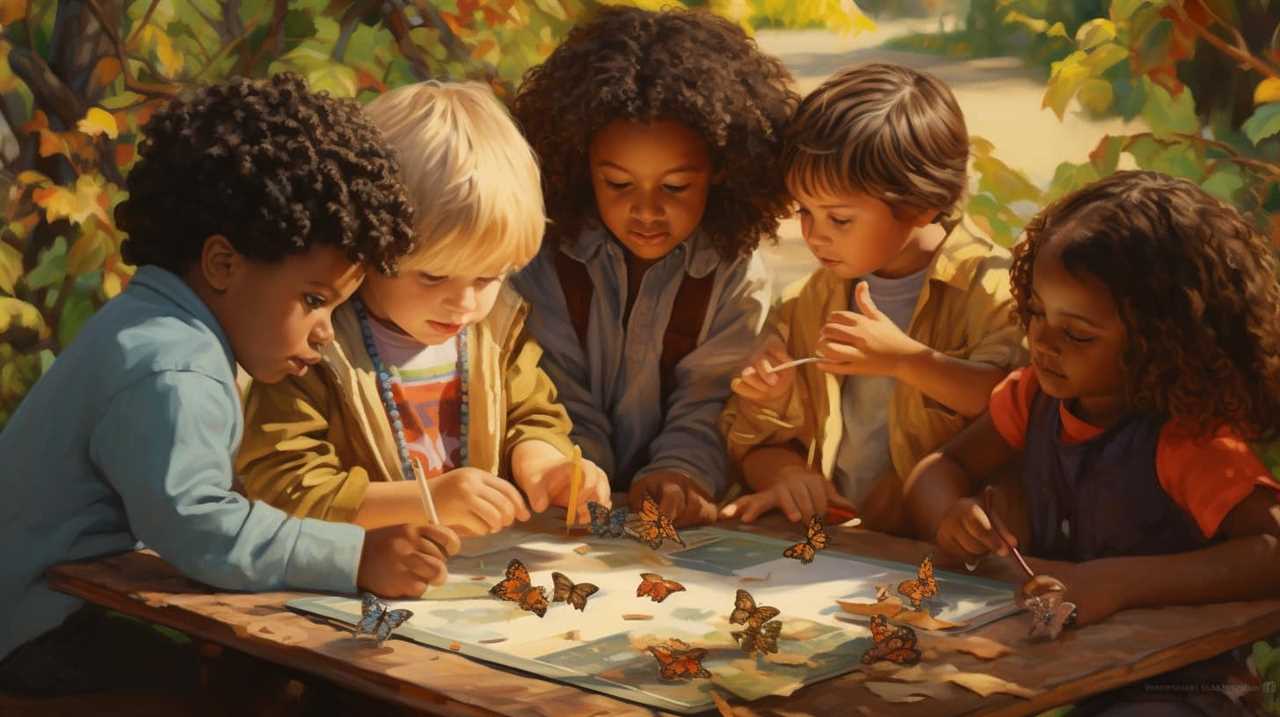
 Child Development1 month ago
Child Development1 month agoThe Benefits of Dramatic Play in Child Development
-

 Child Development1 month ago
Child Development1 month agoSymbolic Thinking: A Key Milestone in Cognitive Development
-
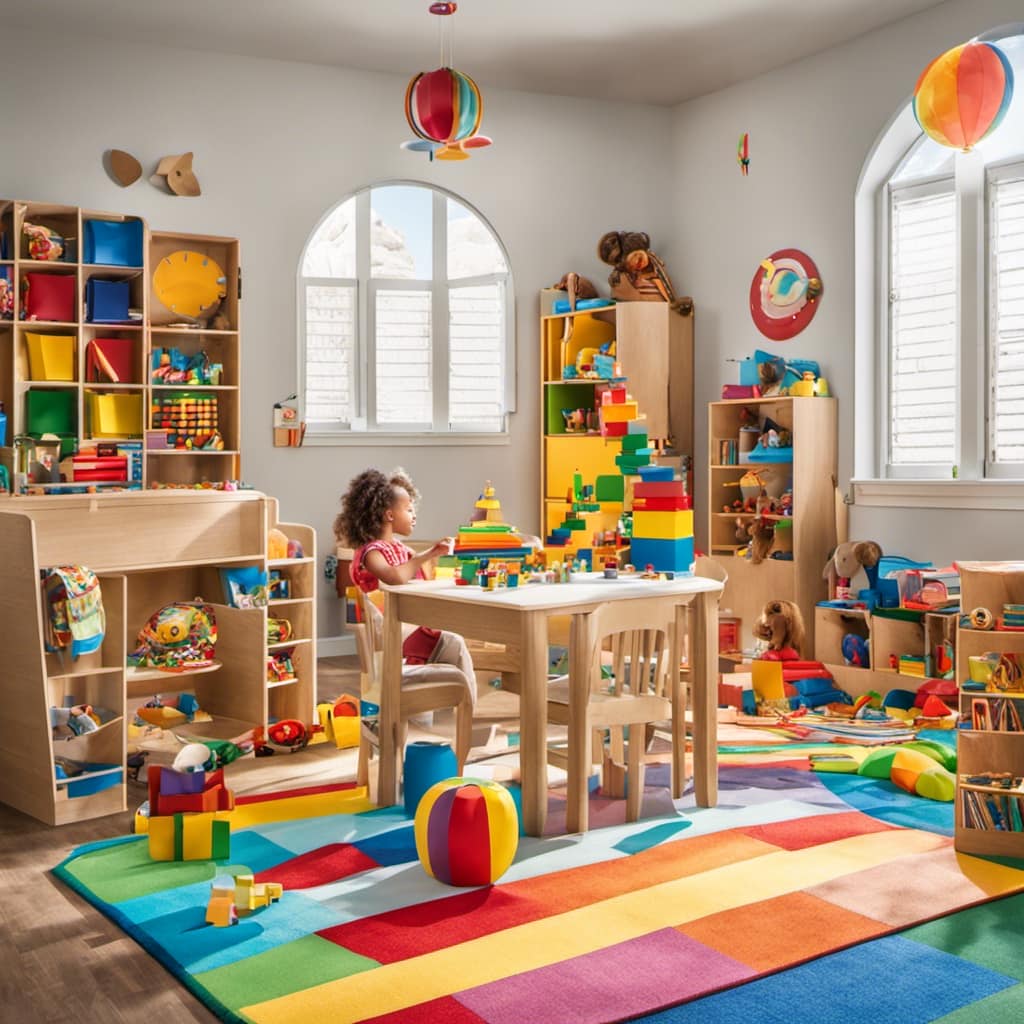
 Child Development3 months ago
Child Development3 months agoThe Importance of Socialization in Child Development
-
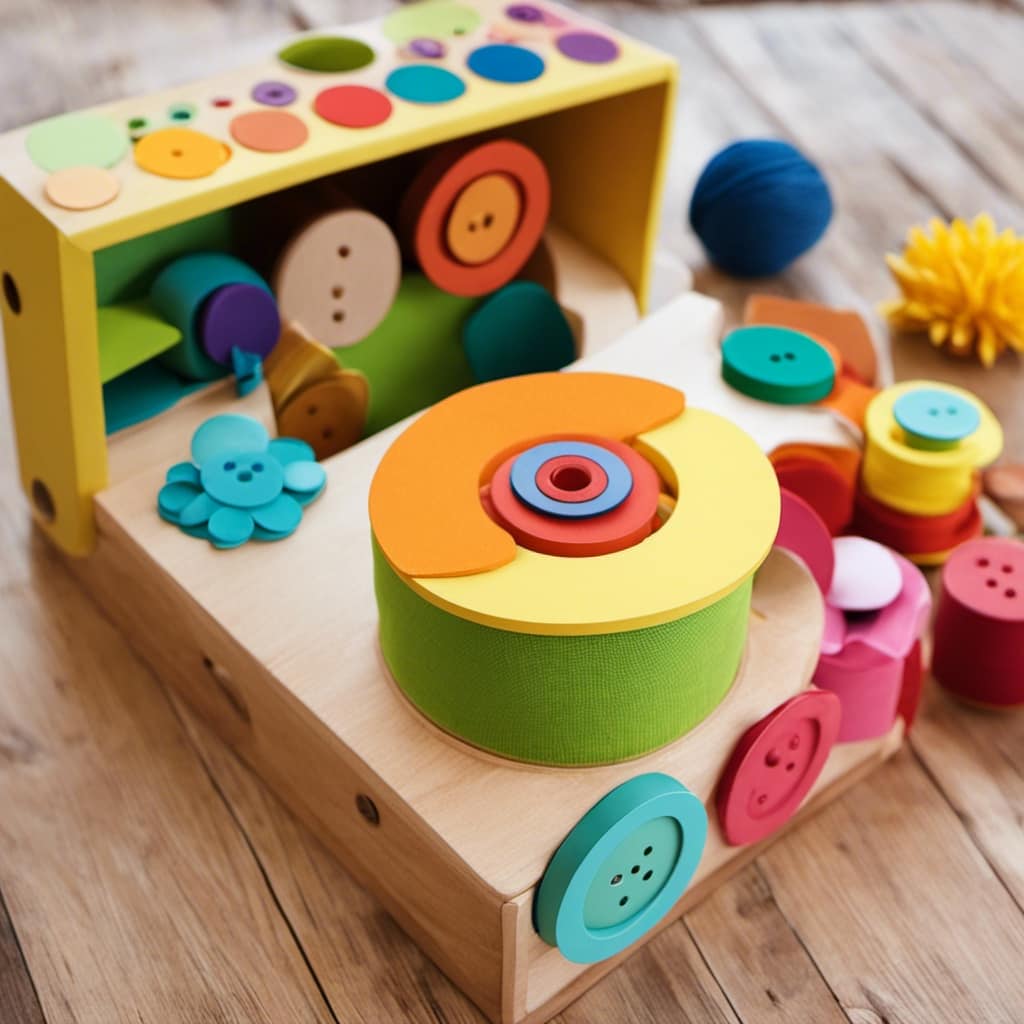
 Child Development3 months ago
Child Development3 months agoThe Power of Cooperative Play in Child Development
-
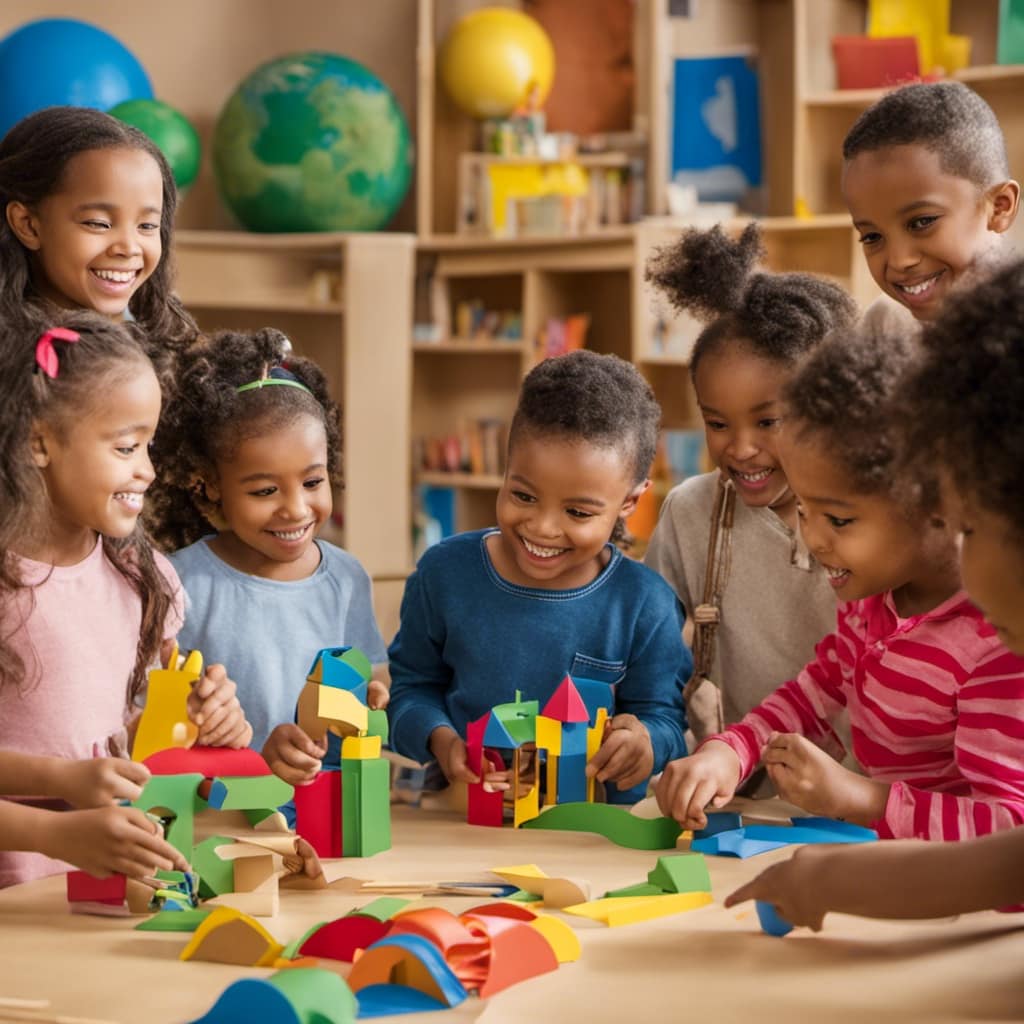
 Child Development1 month ago
Child Development1 month agoSensory Play: Boosting Brain Development and Learning
-
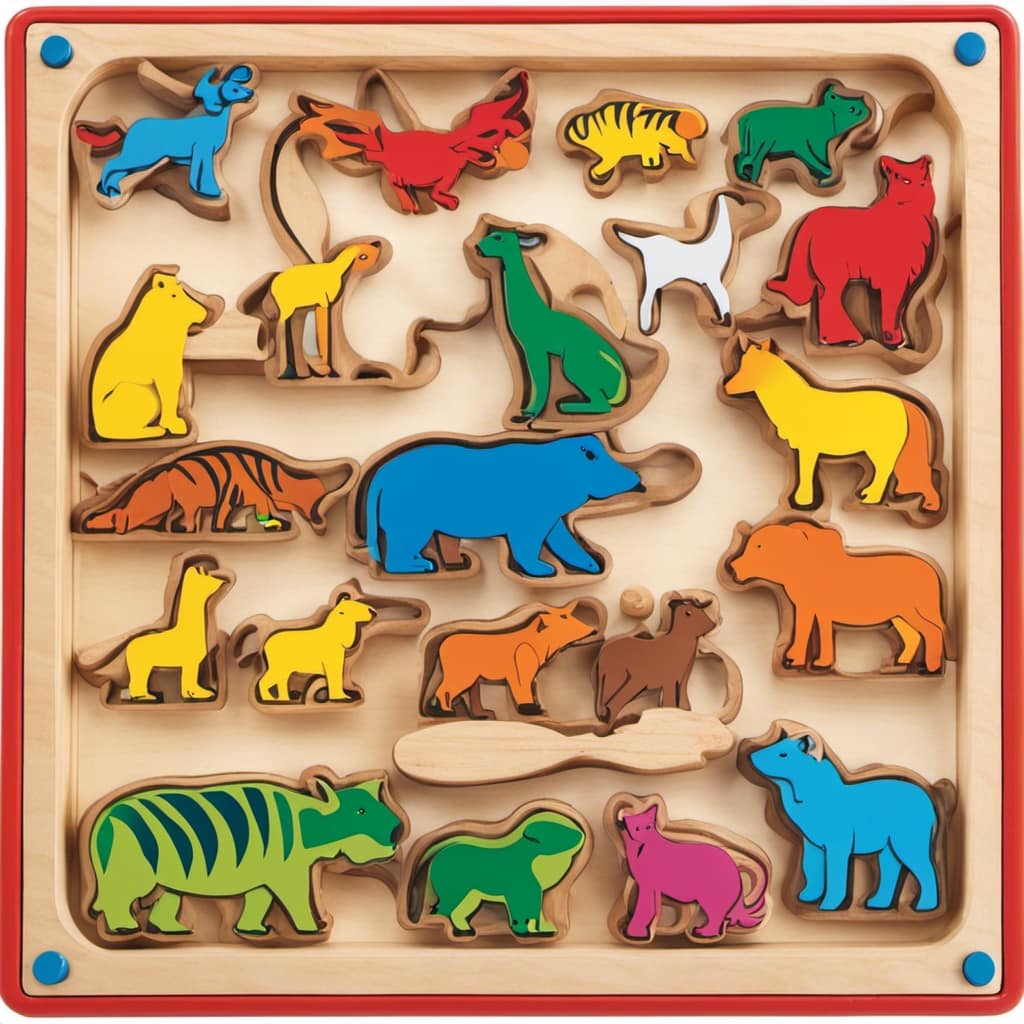
 Child Development3 months ago
Child Development3 months agoBuilding Blocks: Enhancing Cognitive Development and Problem-Solving Skills
-
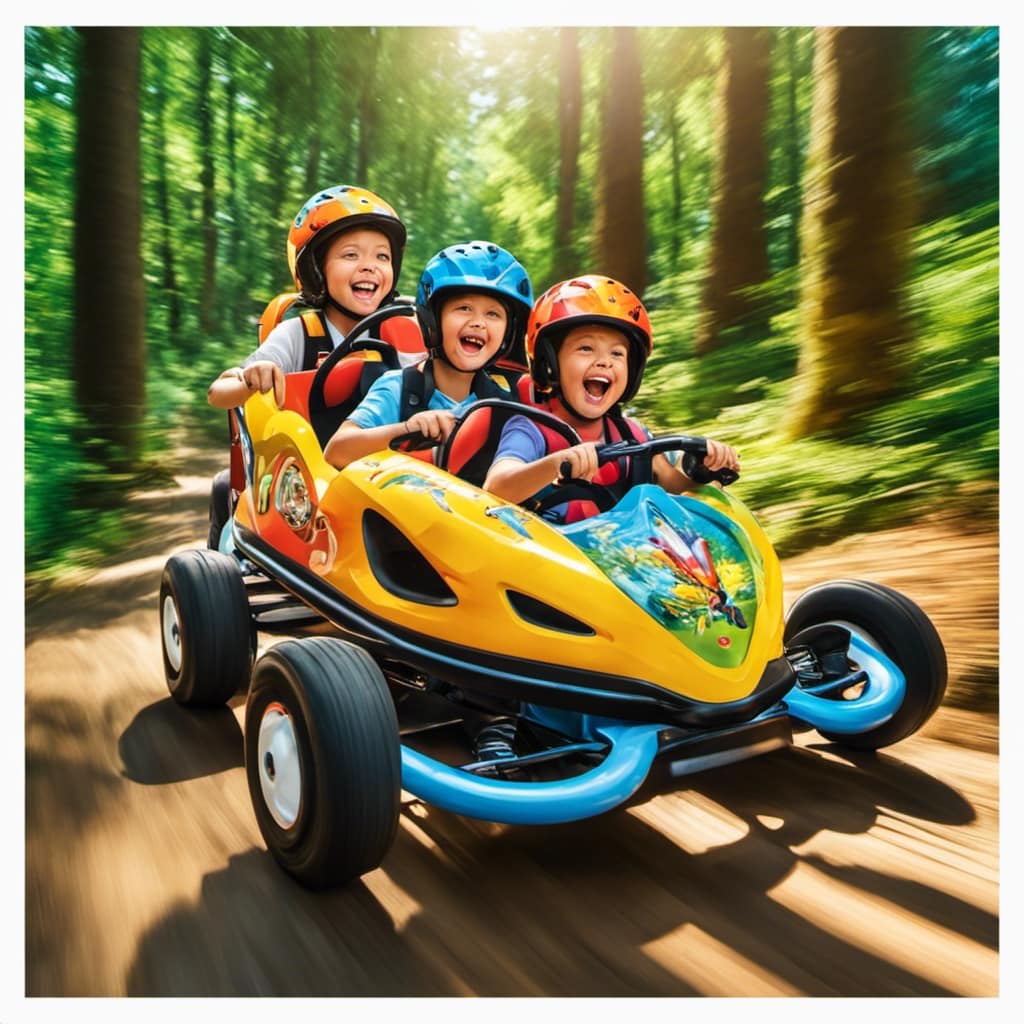
 Child Development3 months ago
Child Development3 months agoThe PIES Model: A Holistic Approach to Child Development
